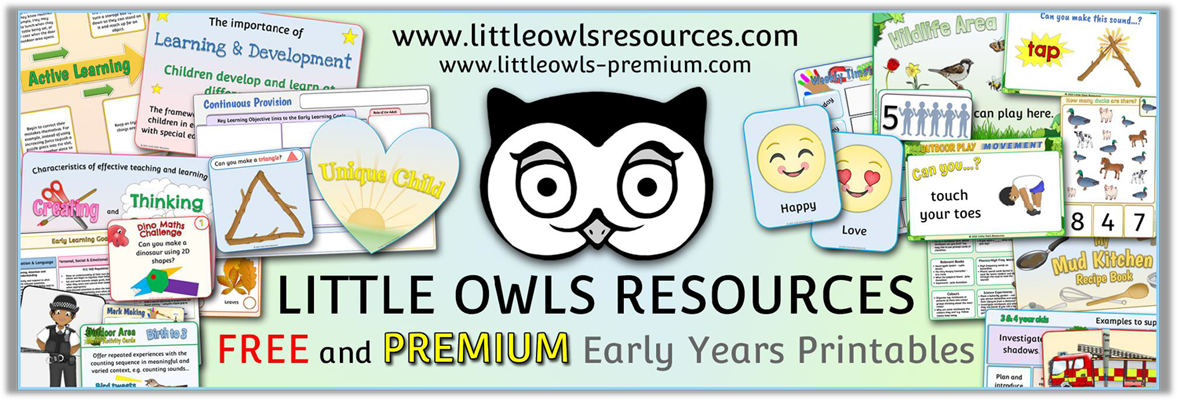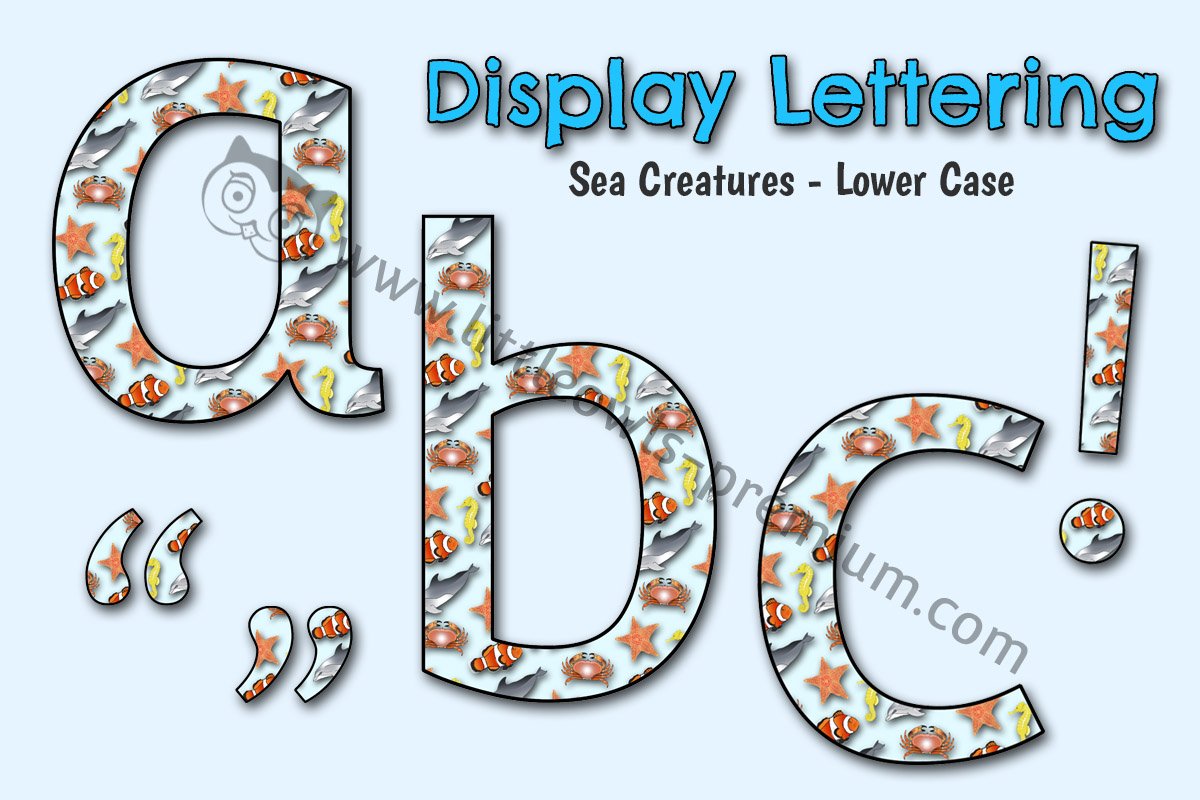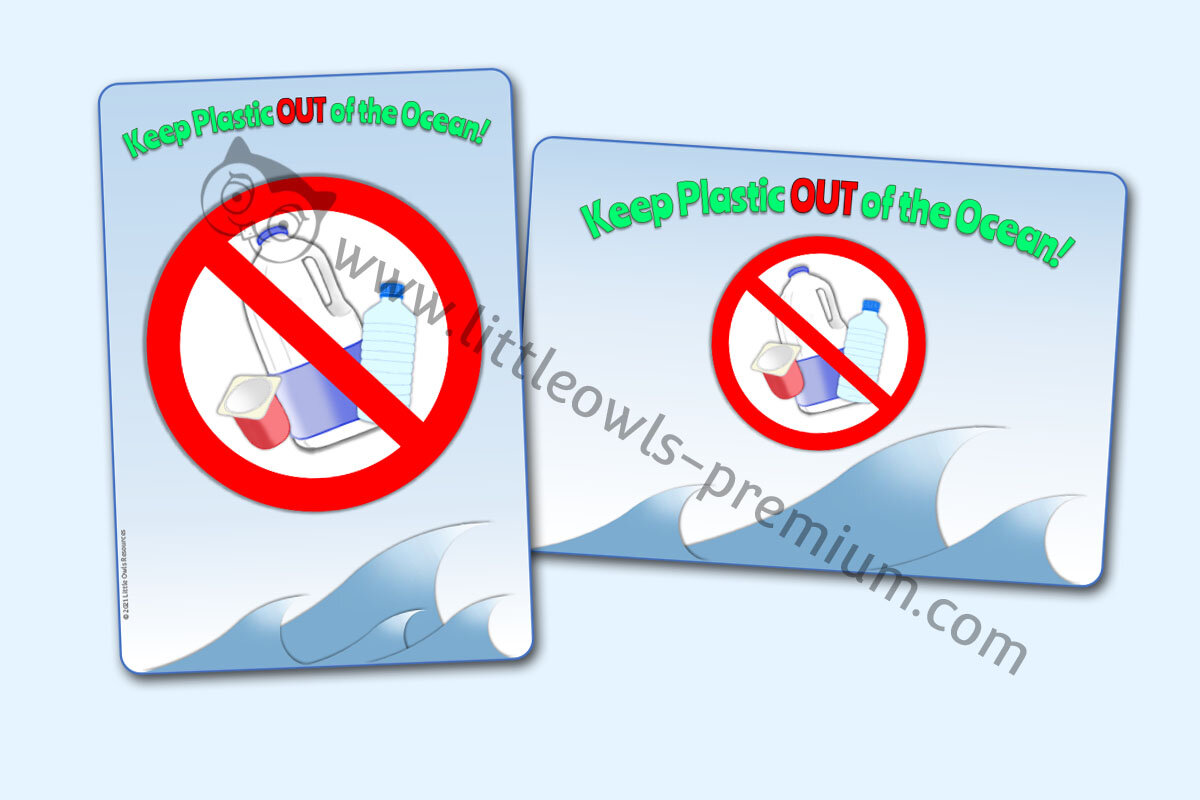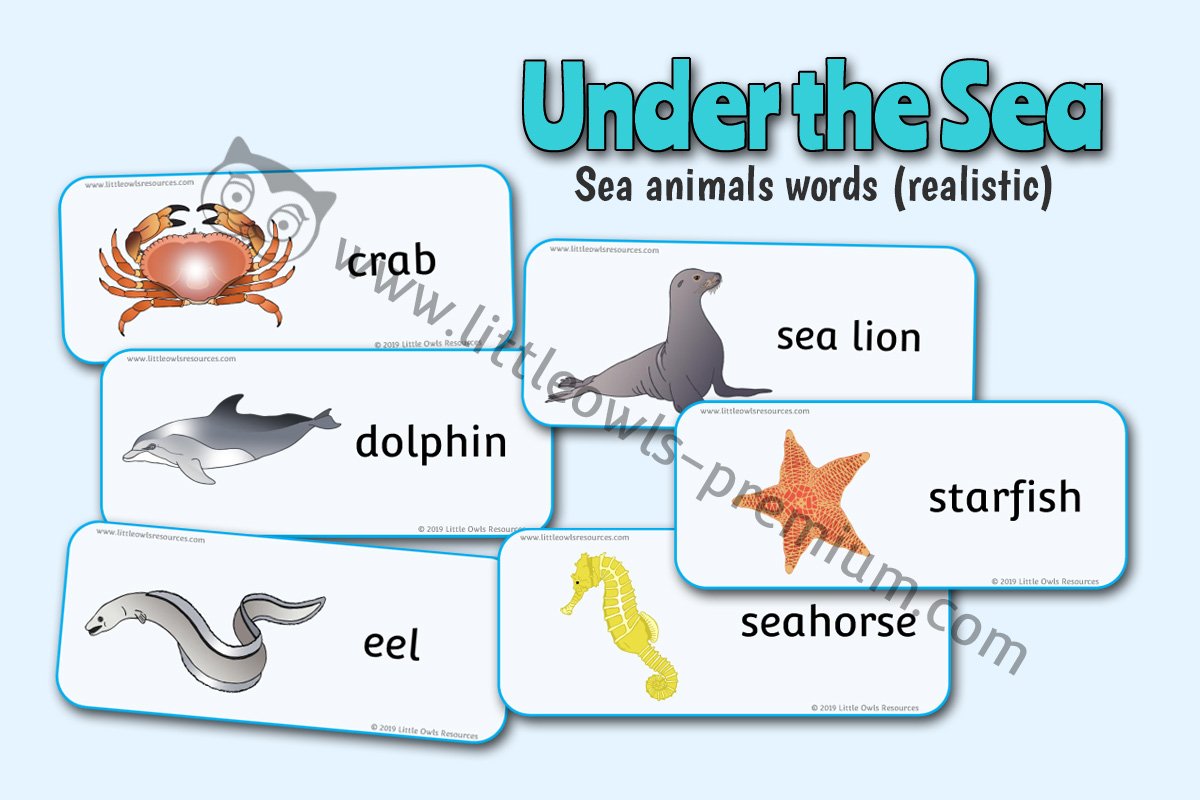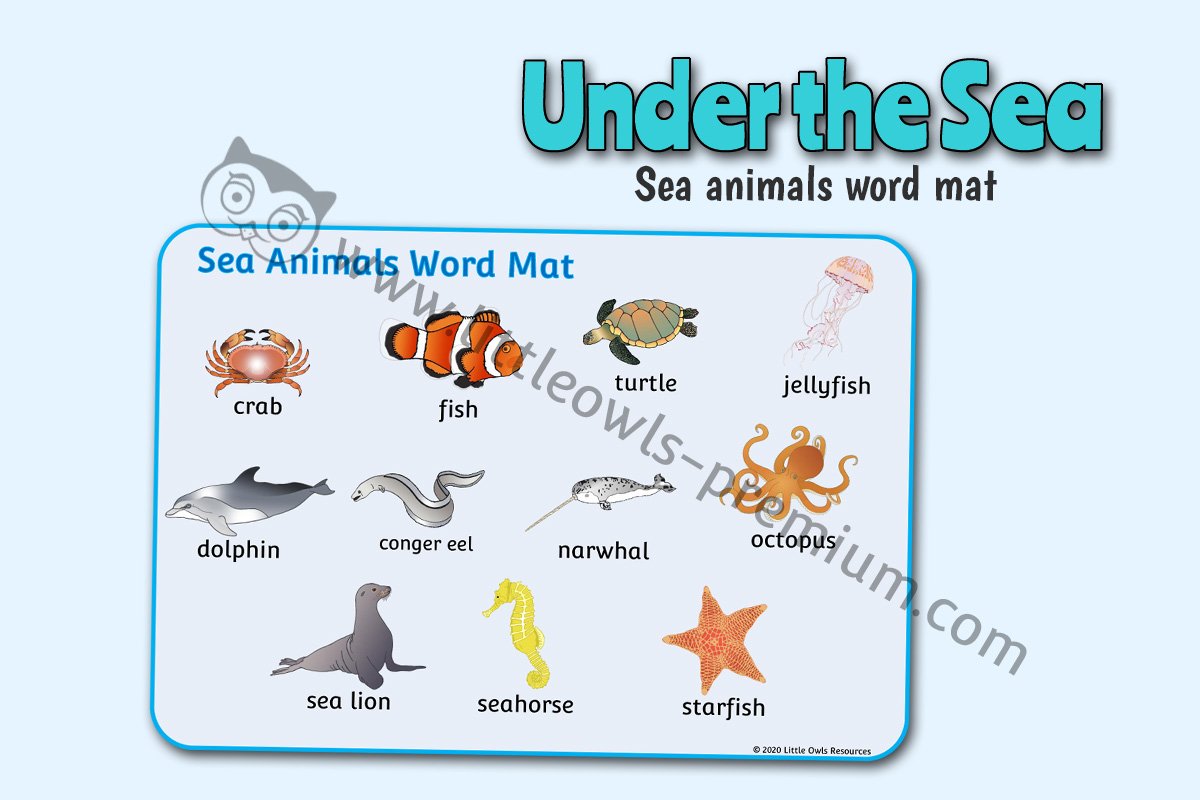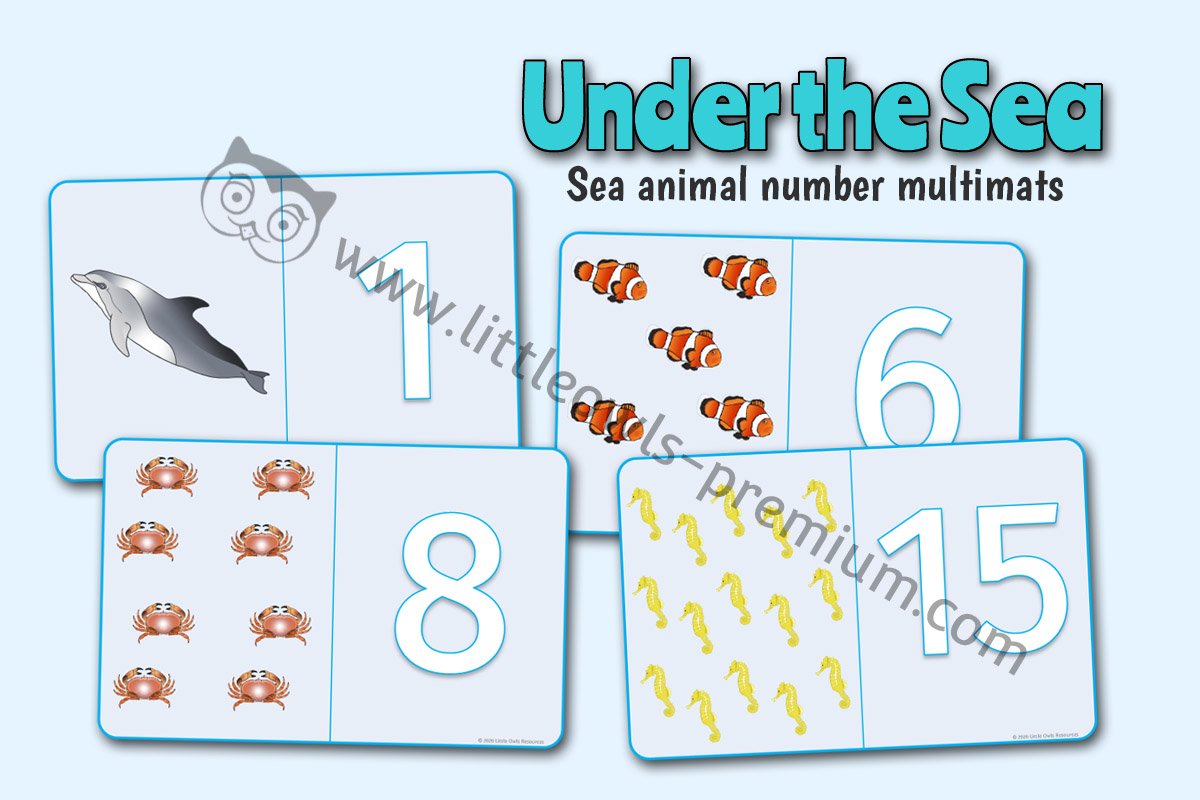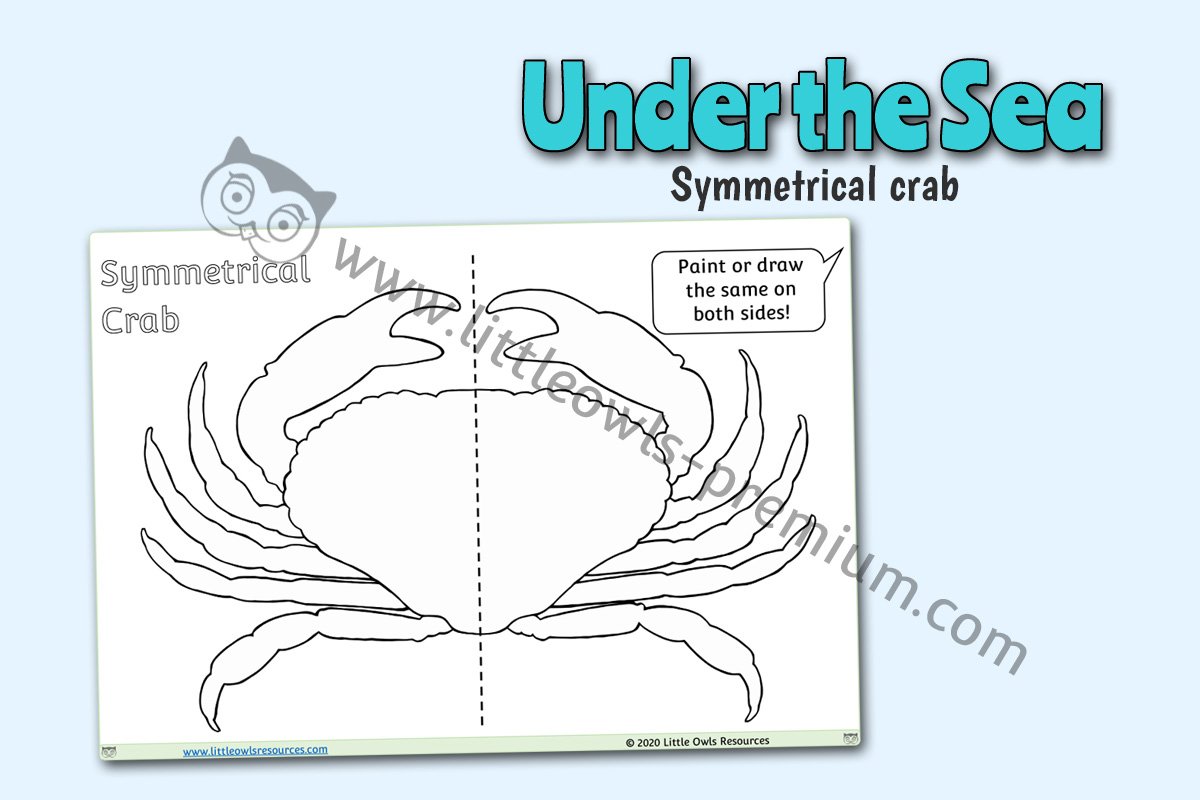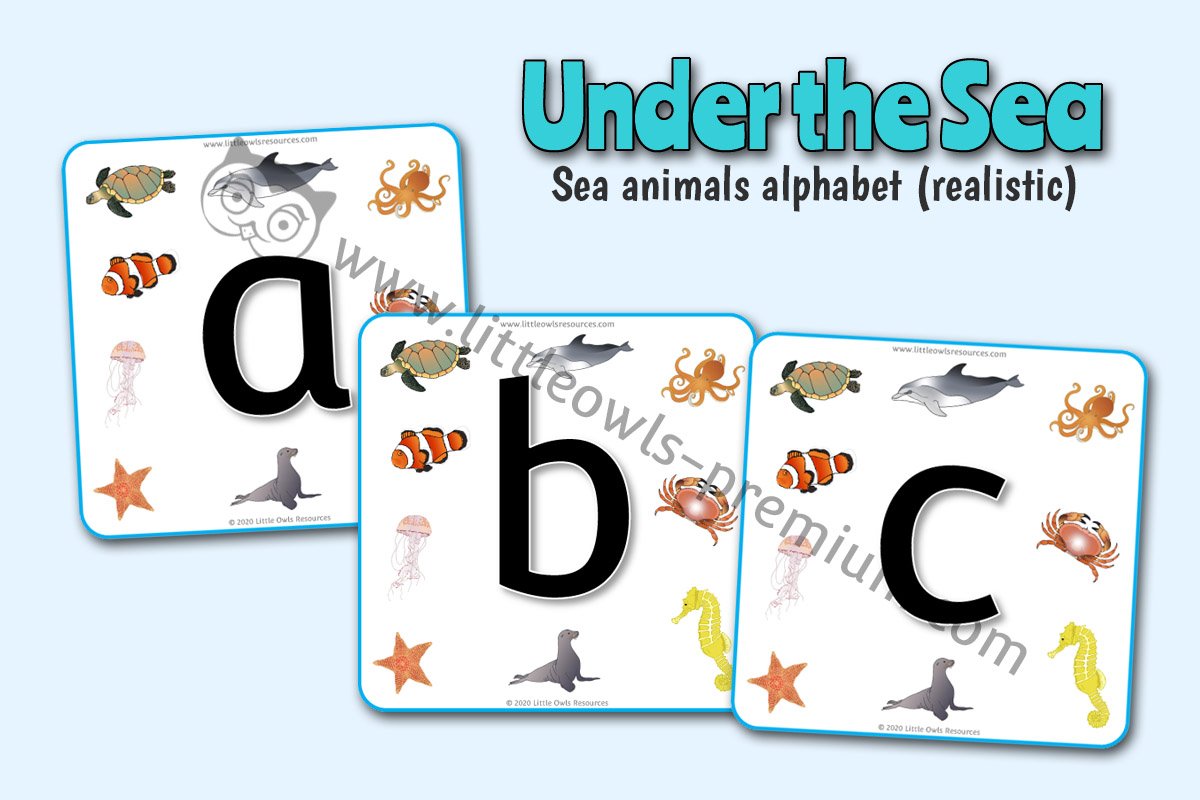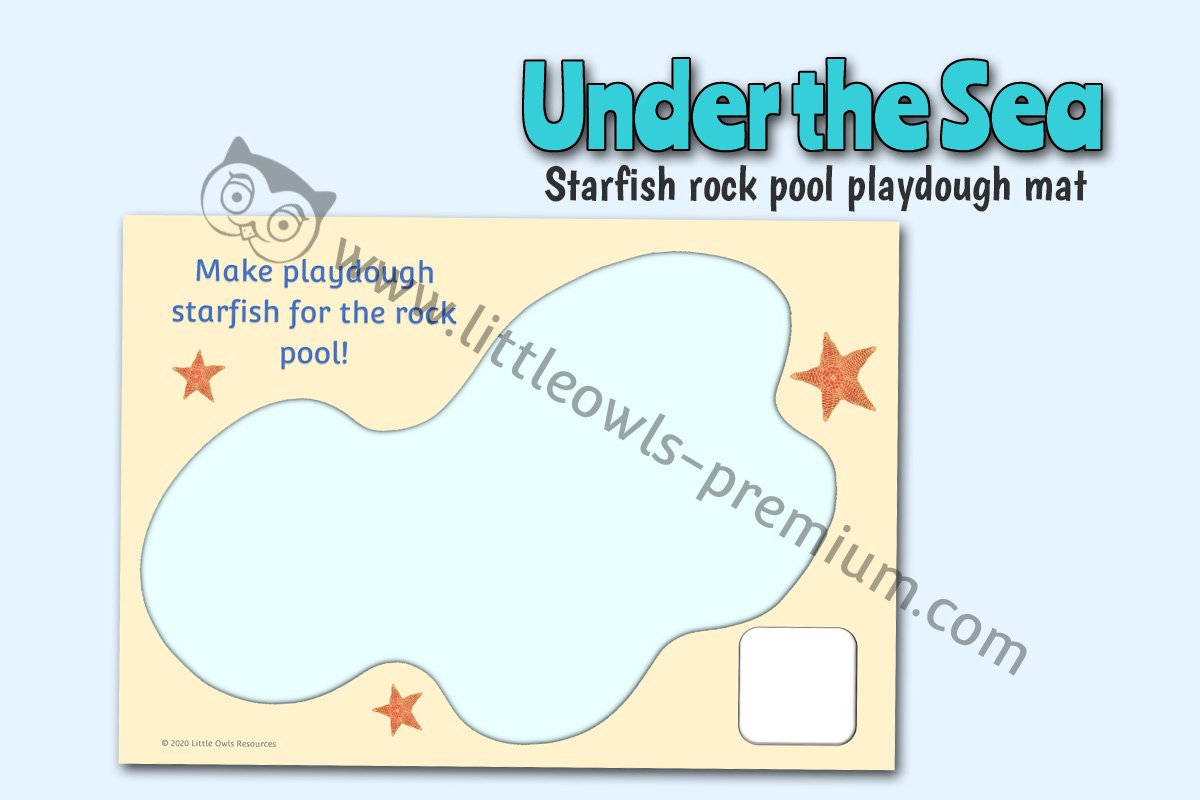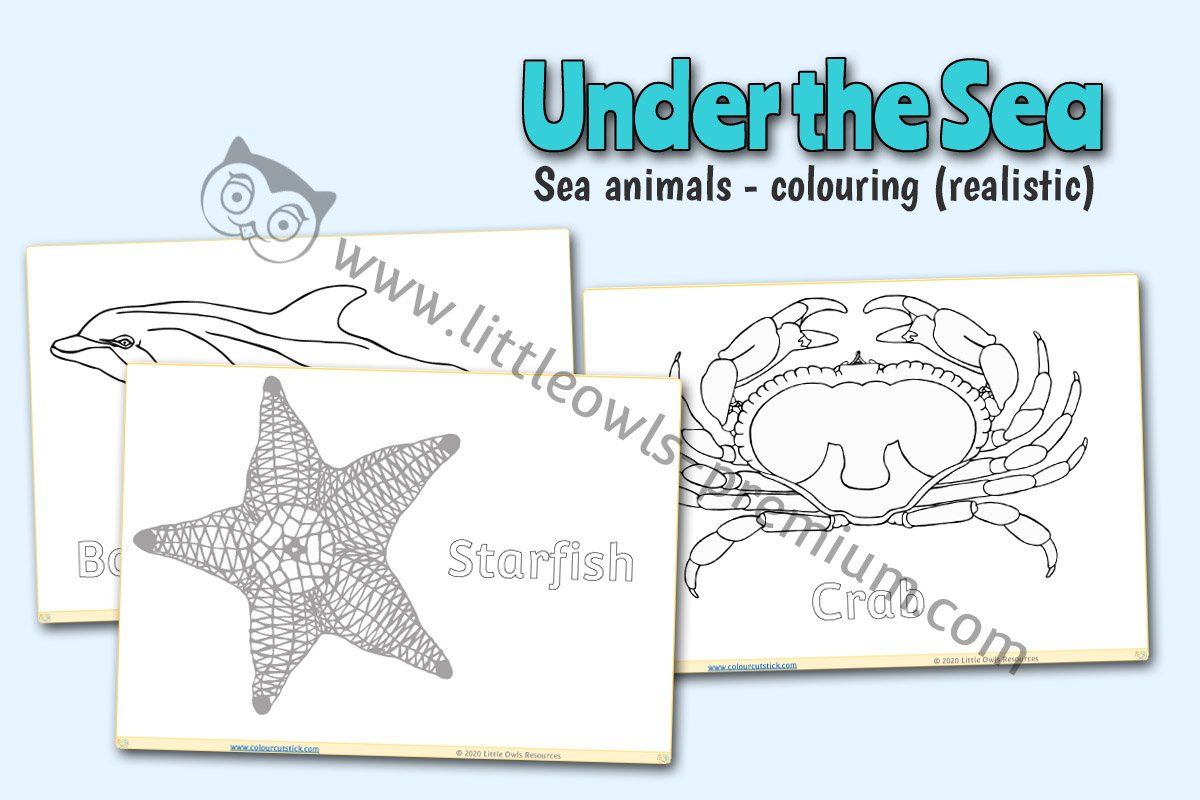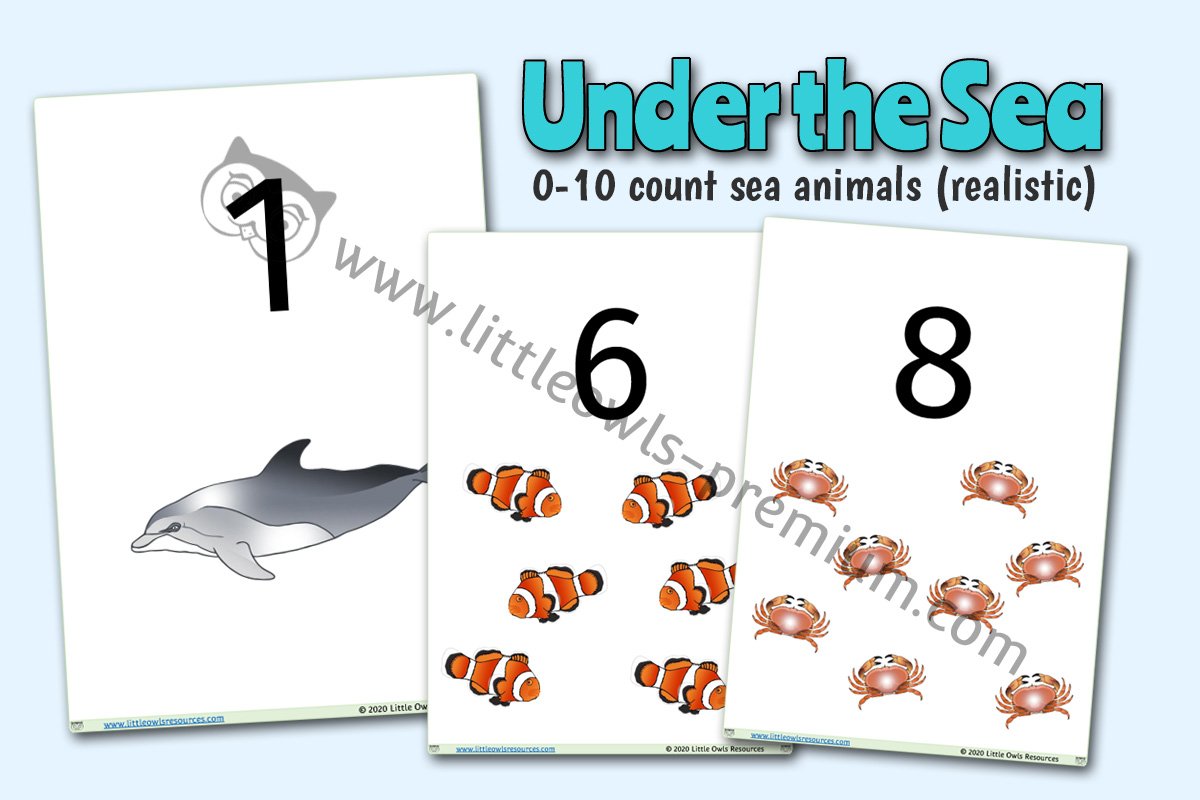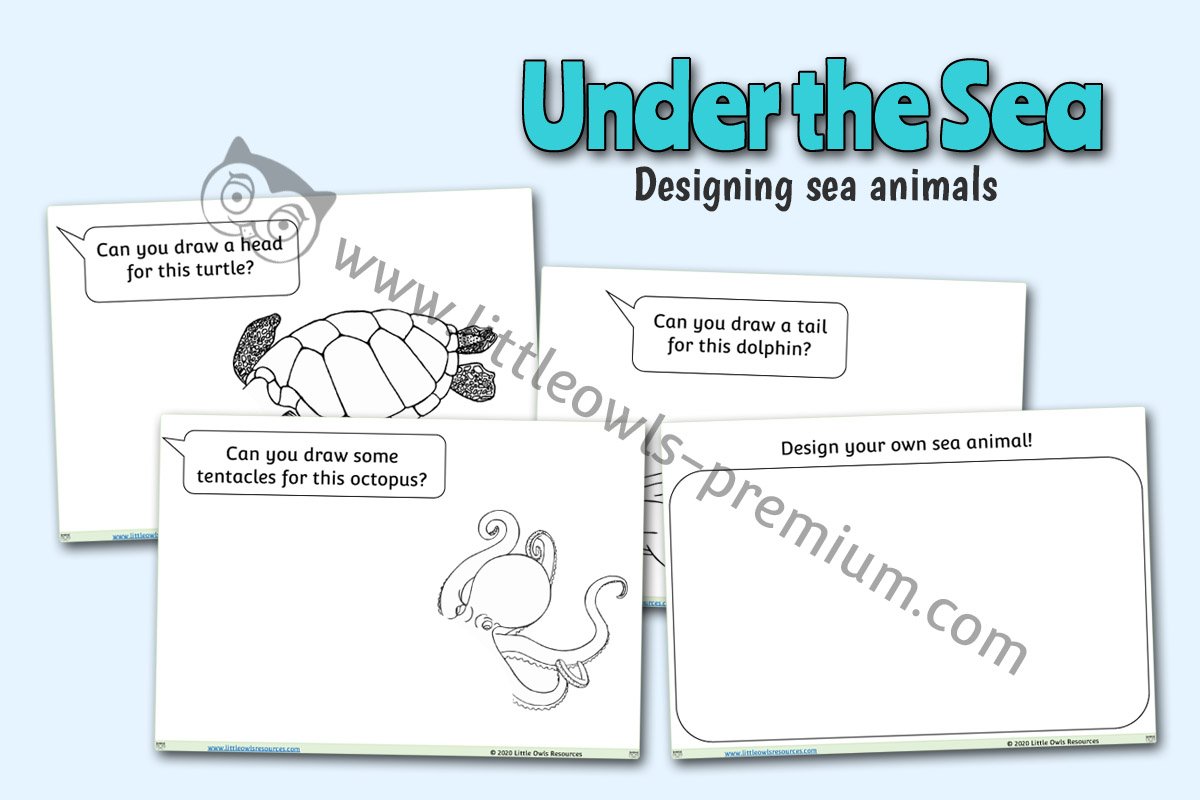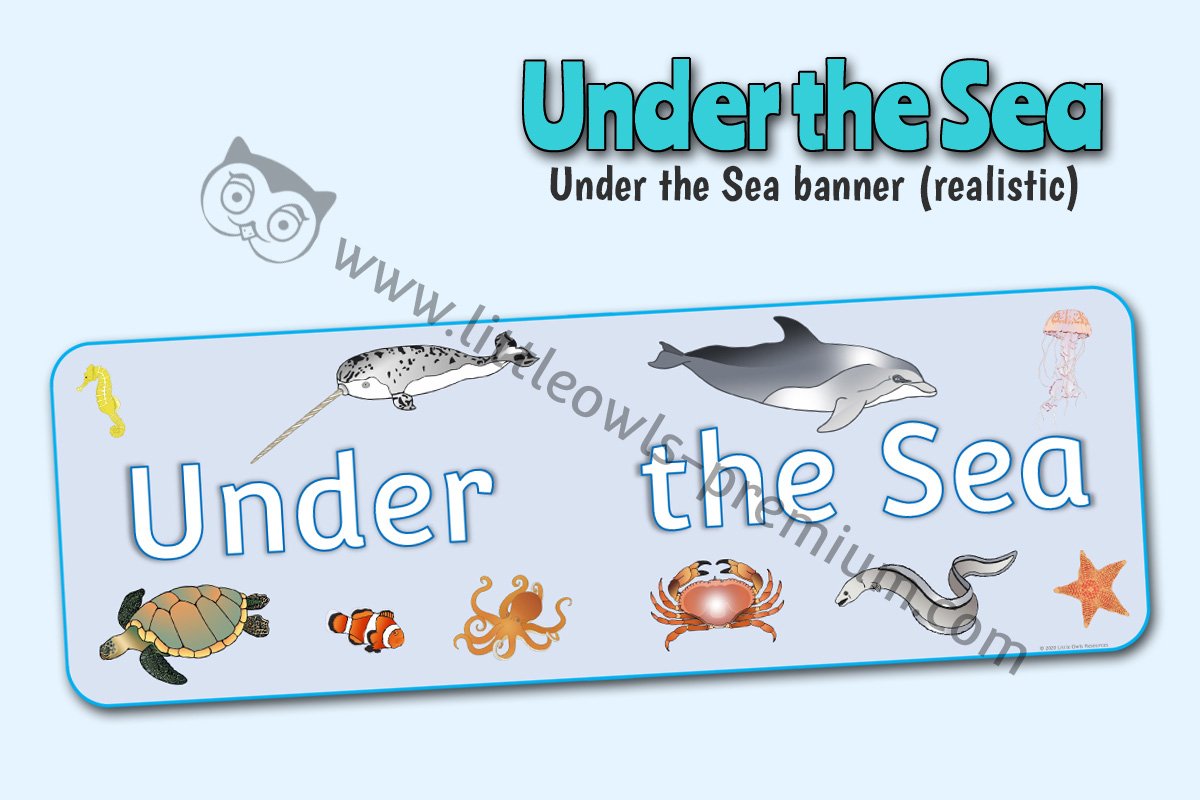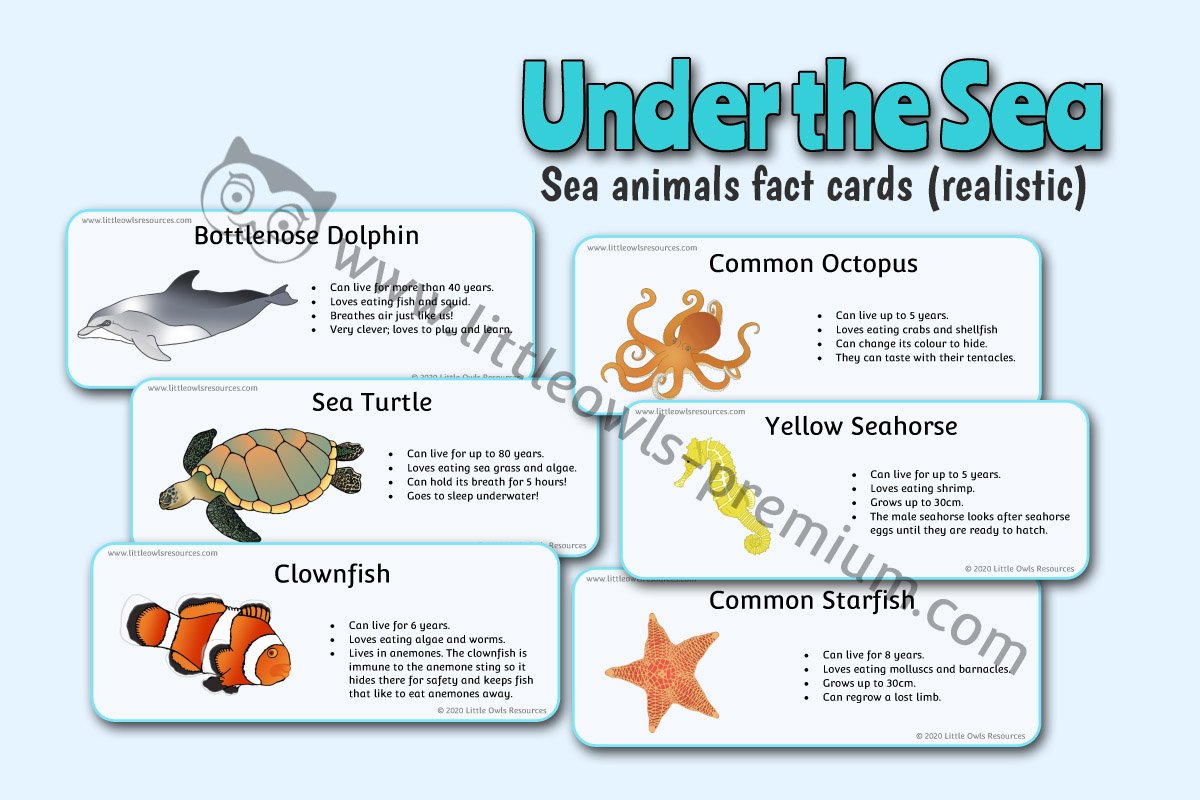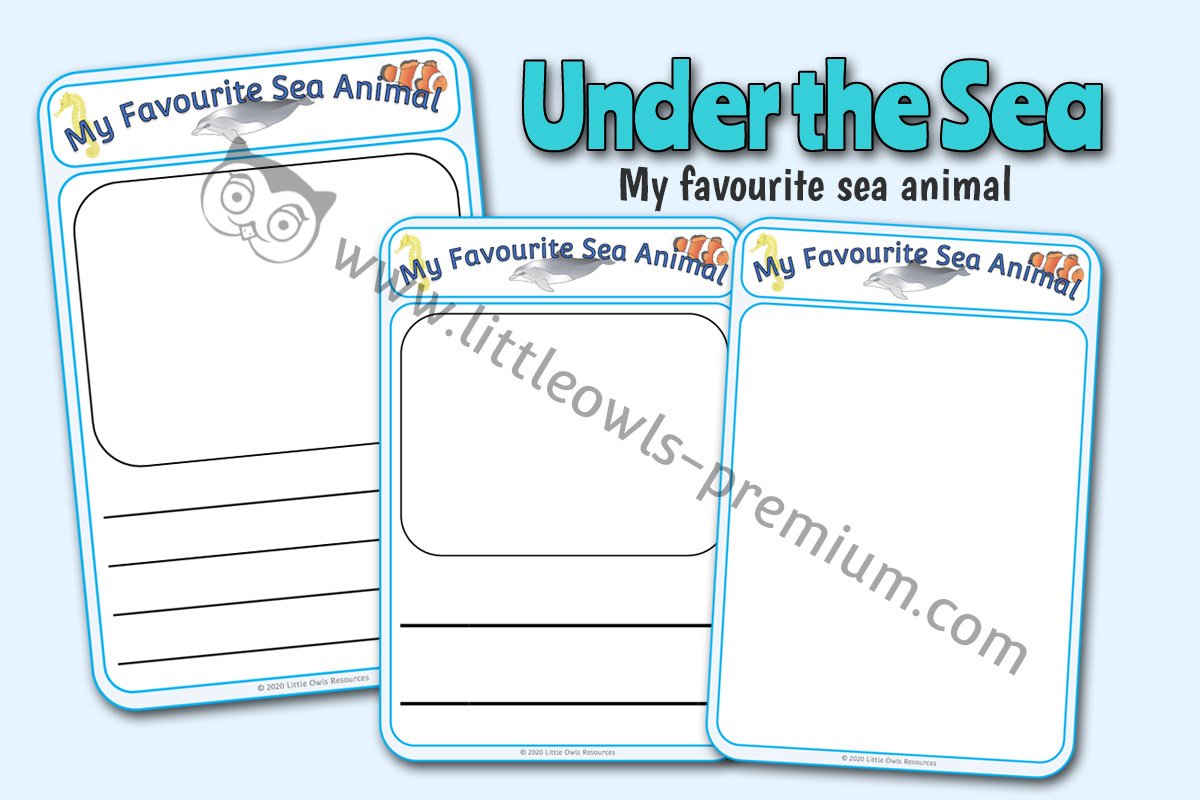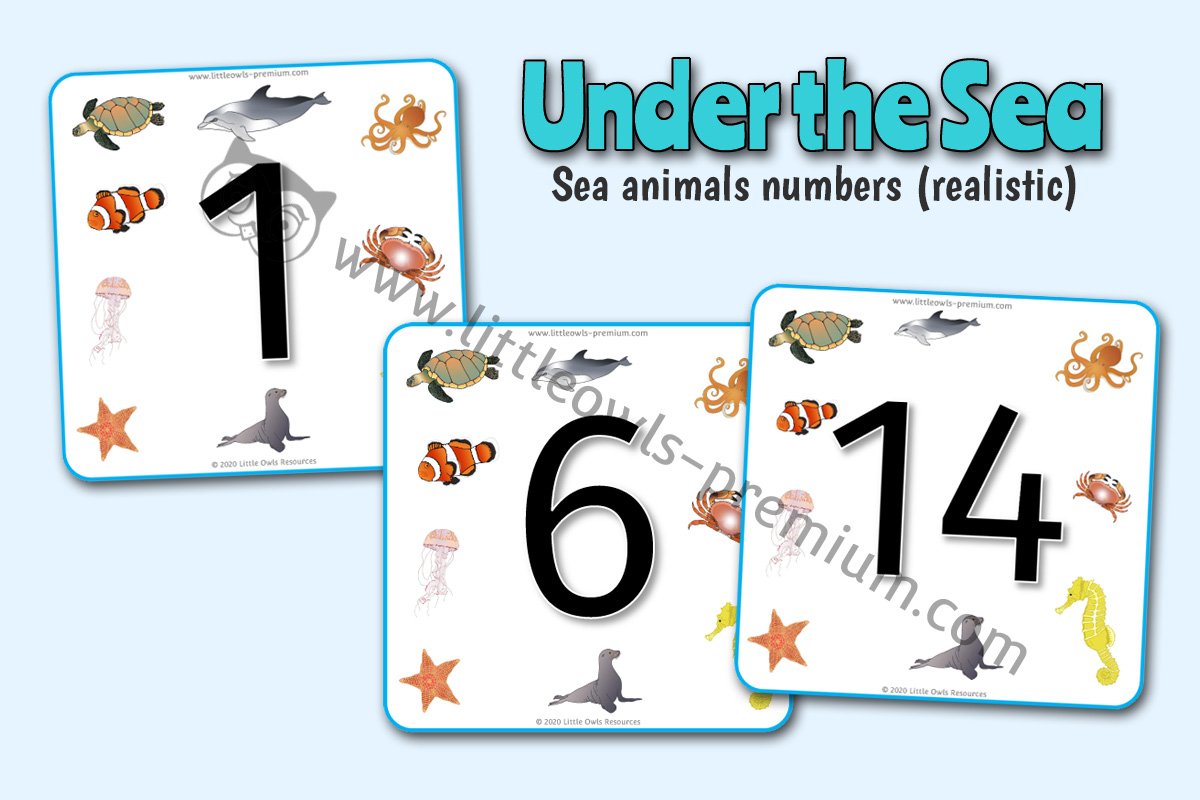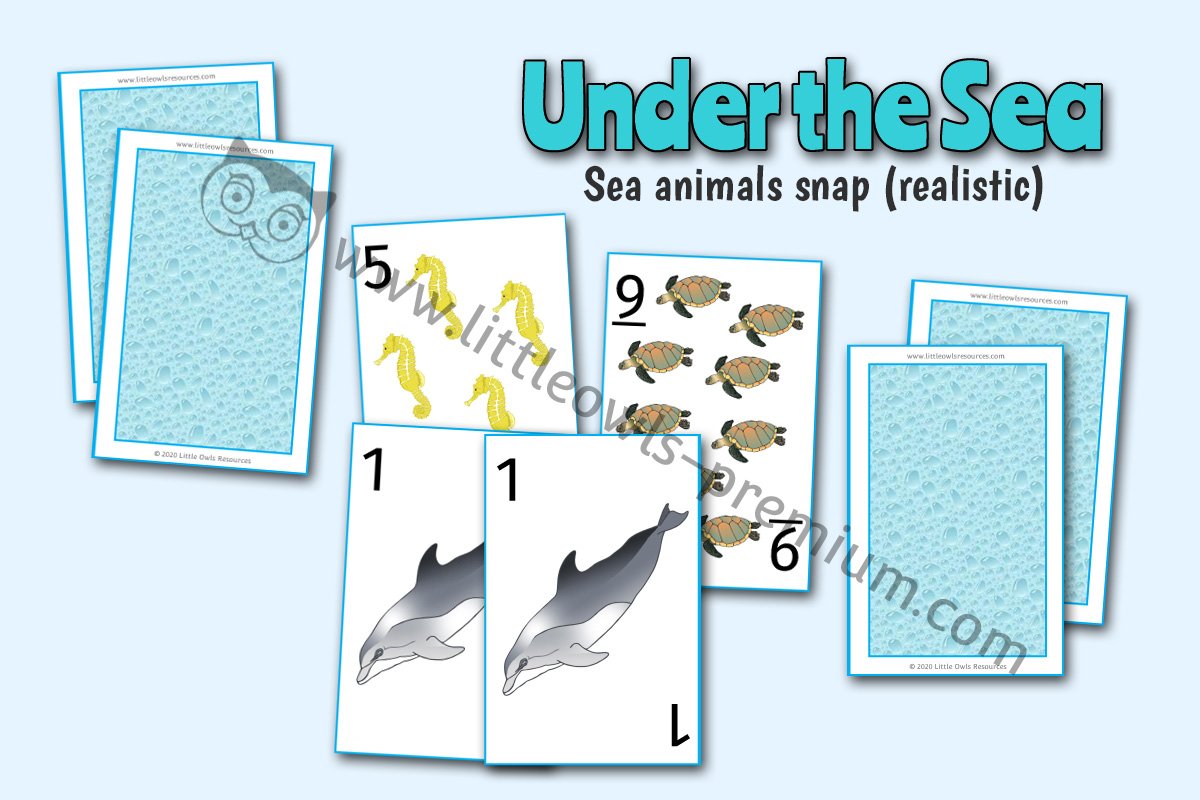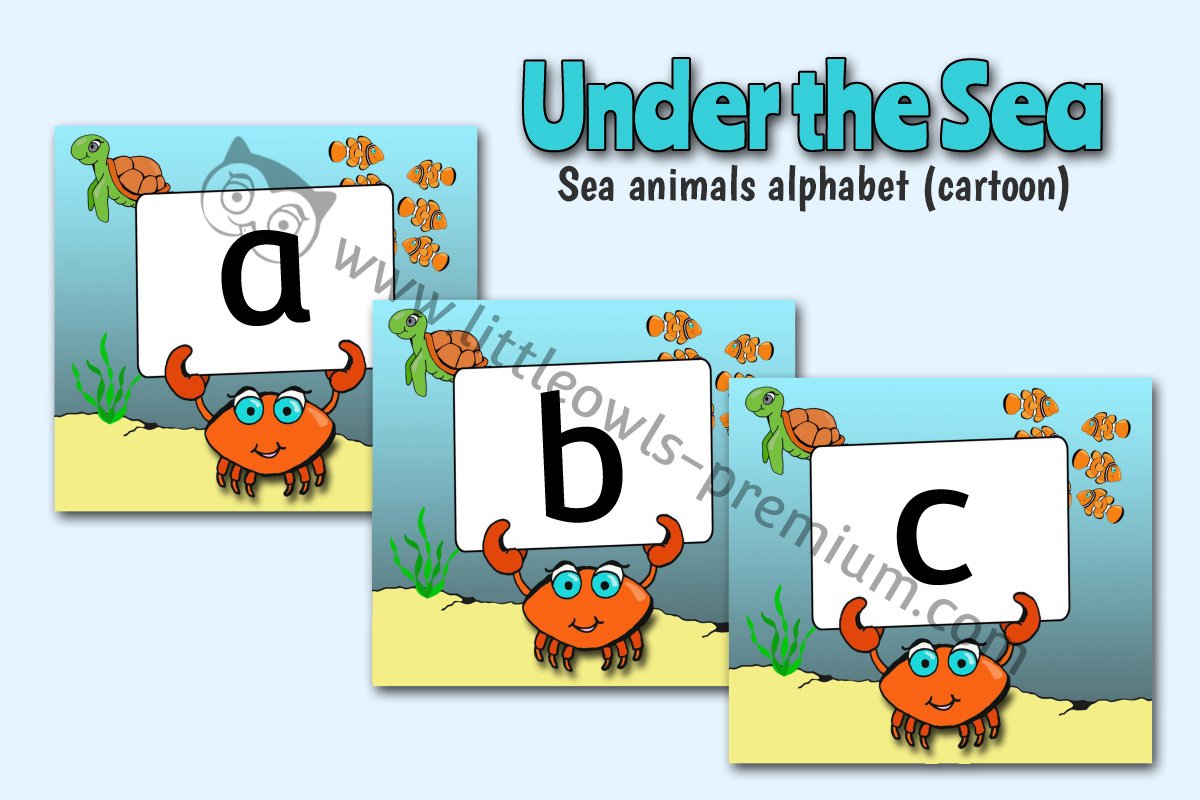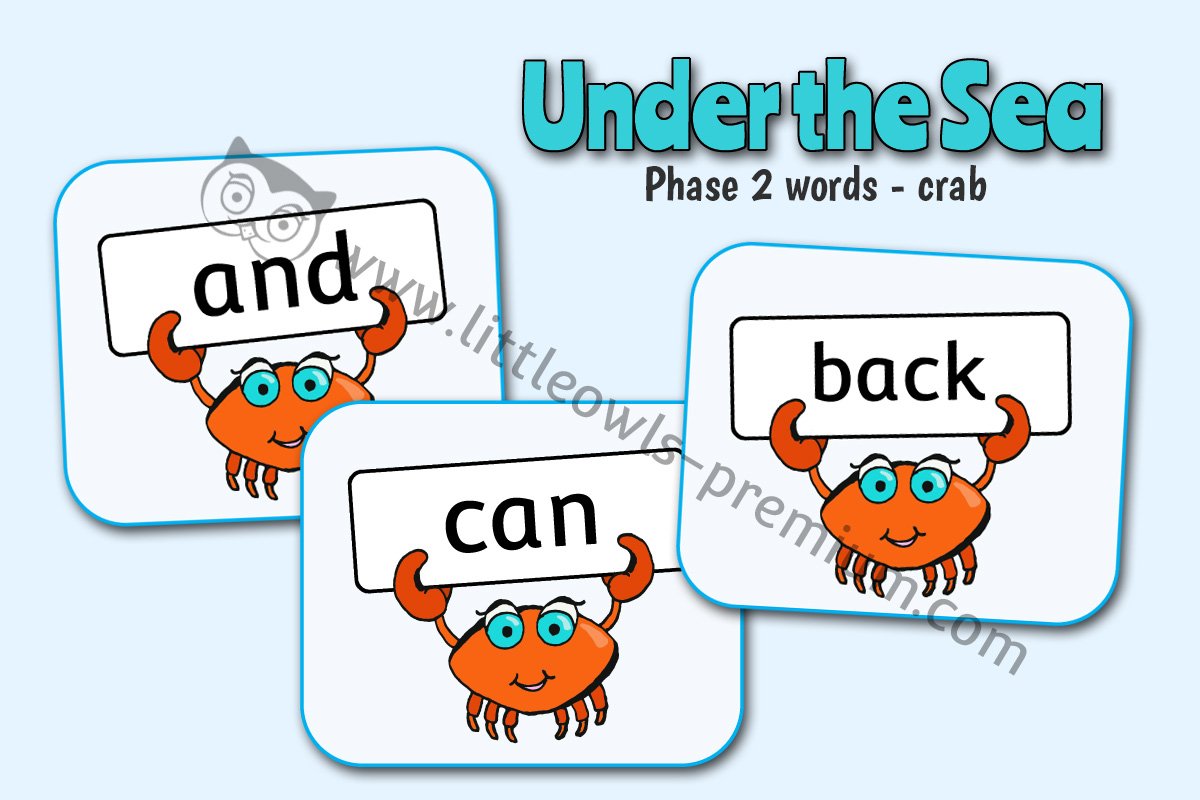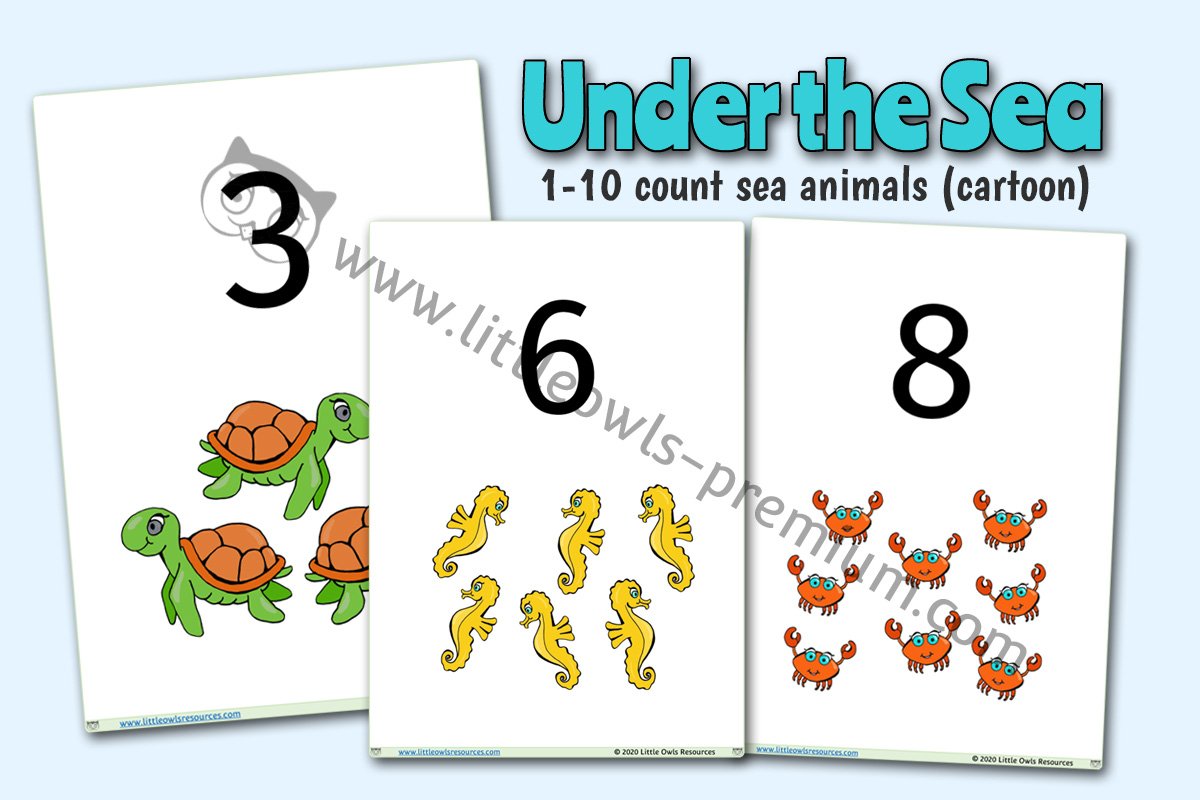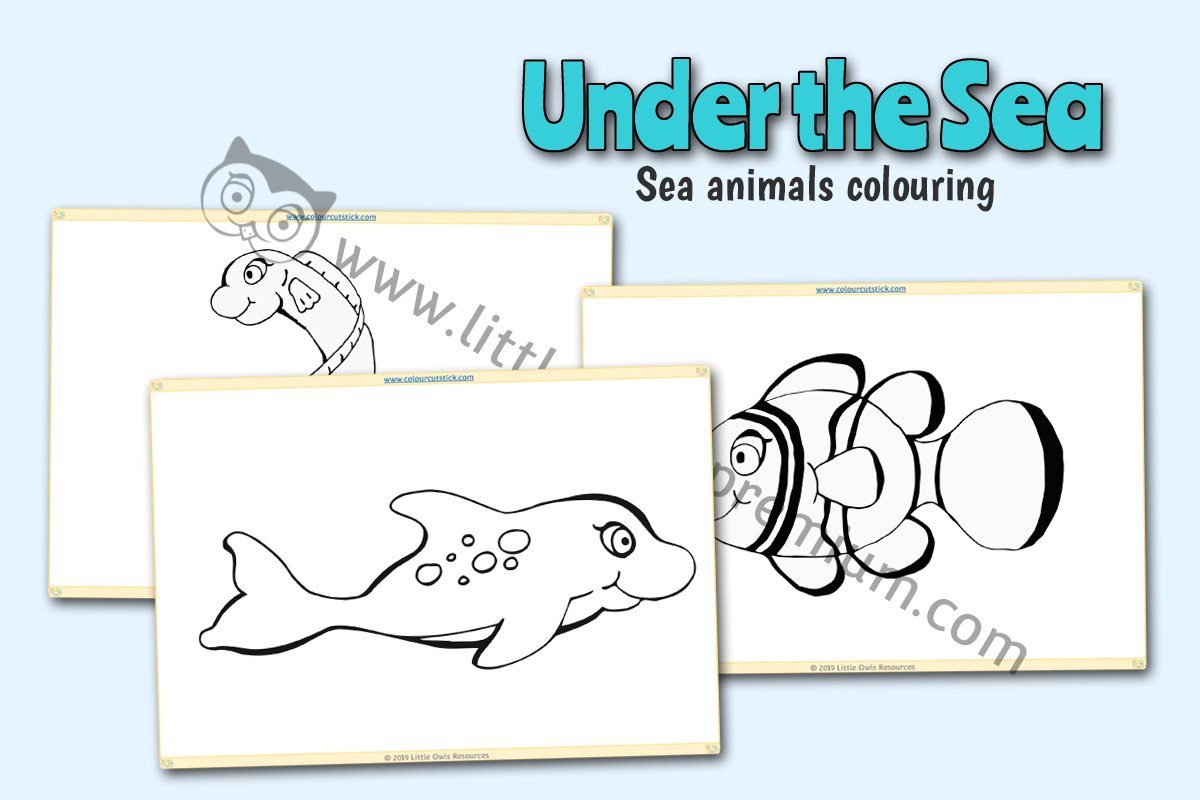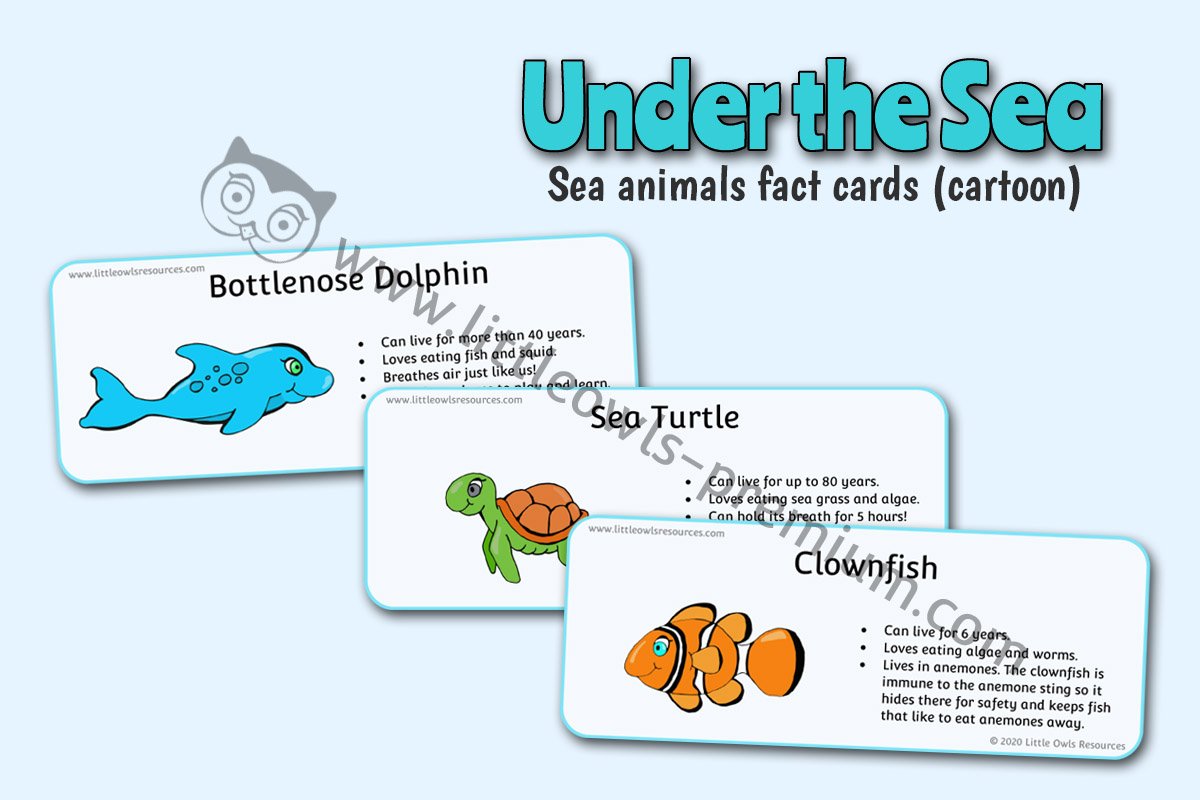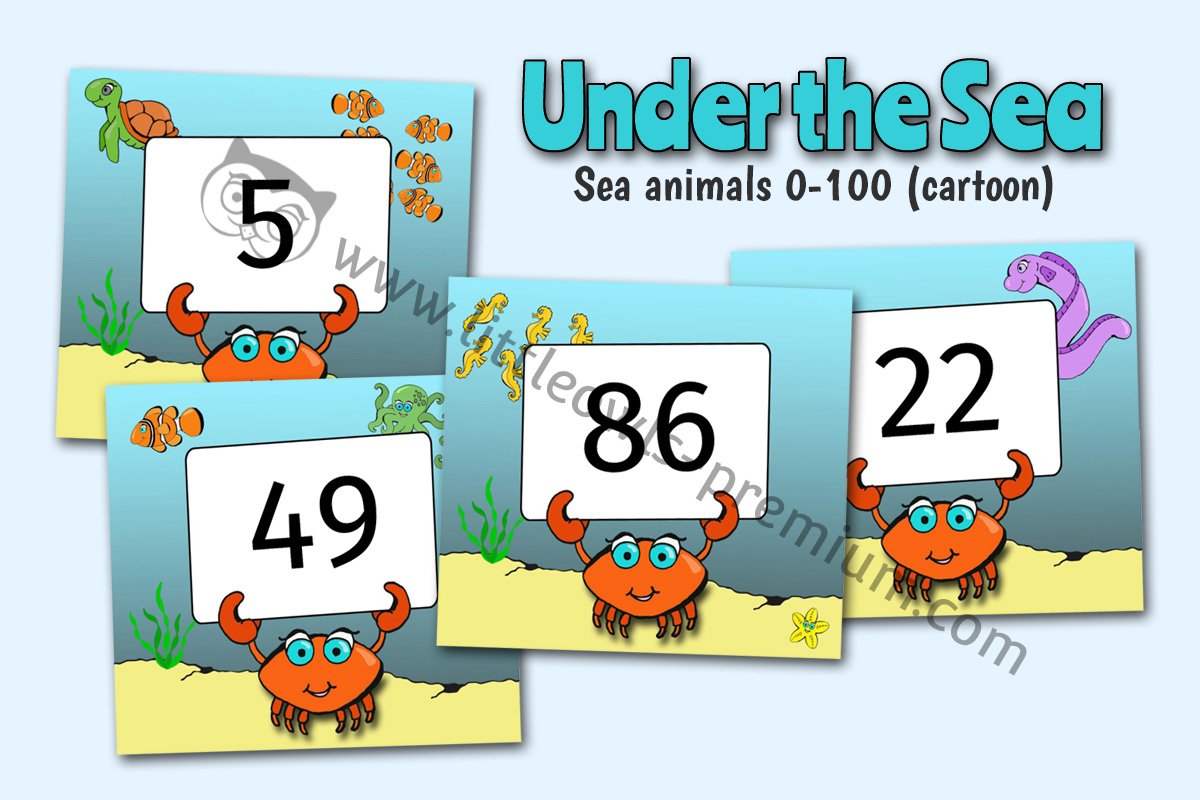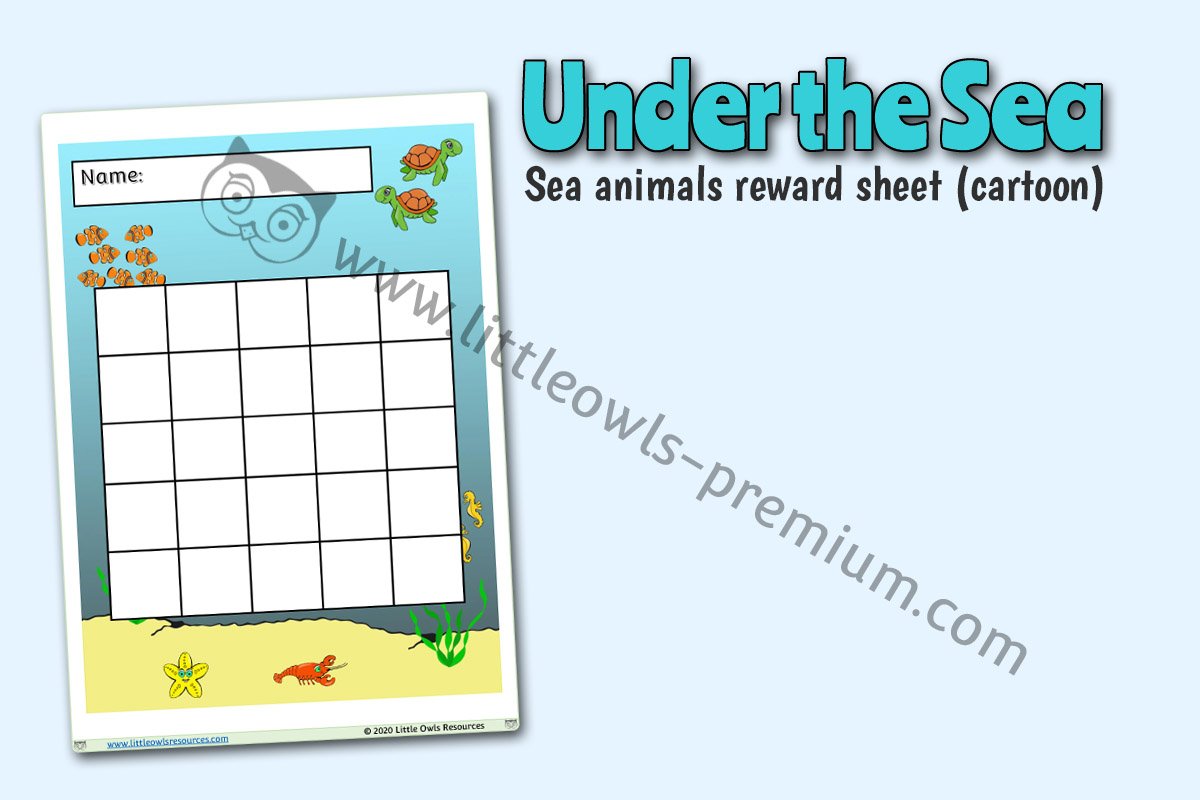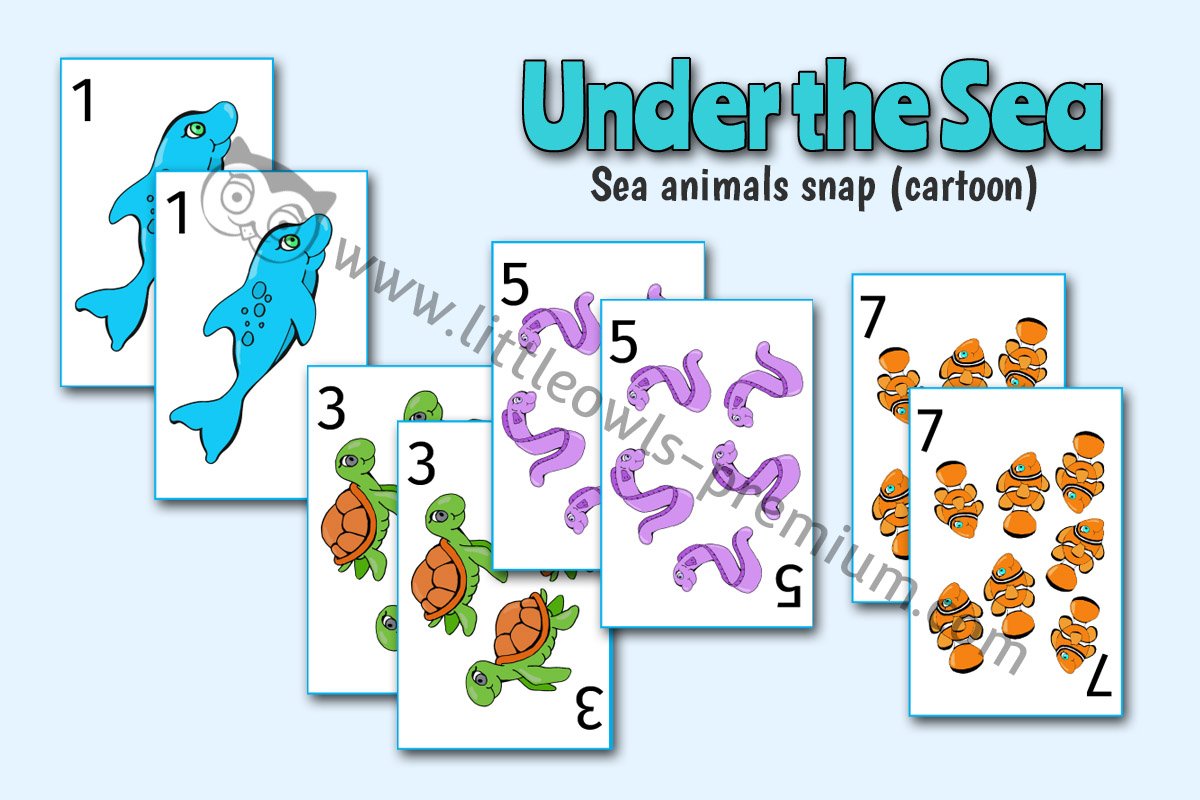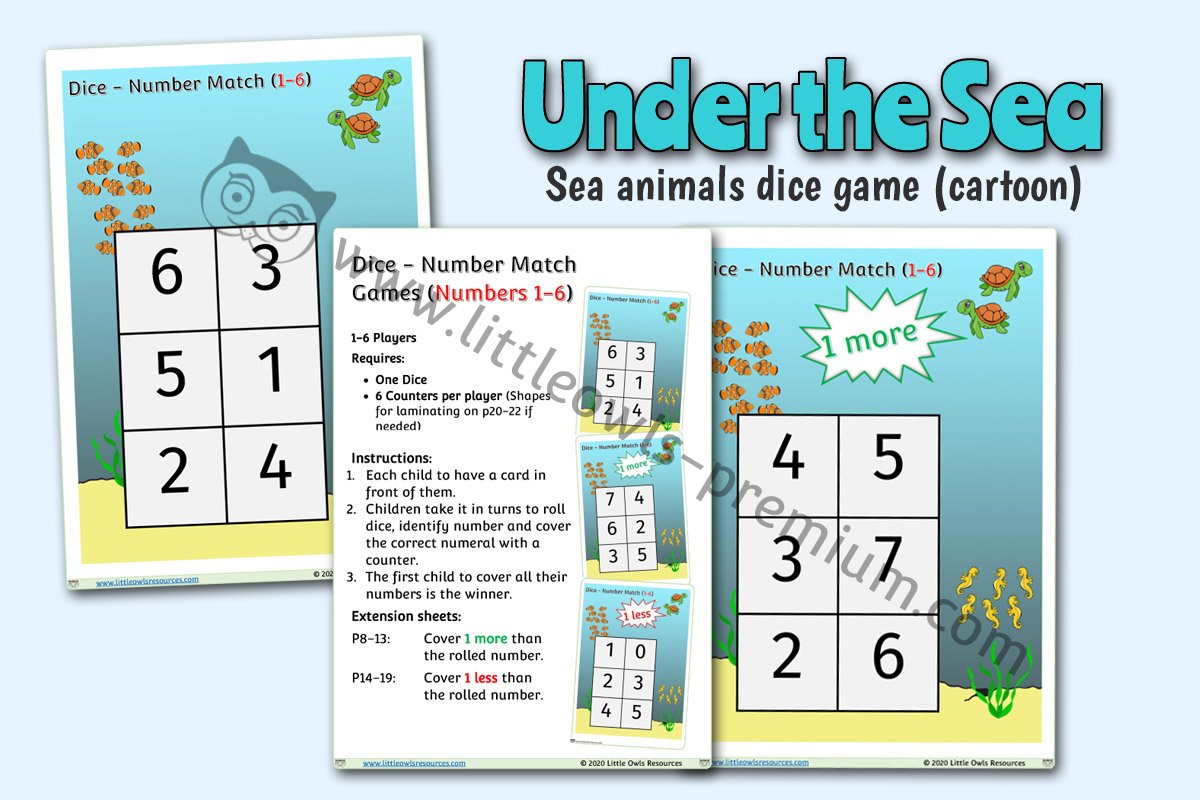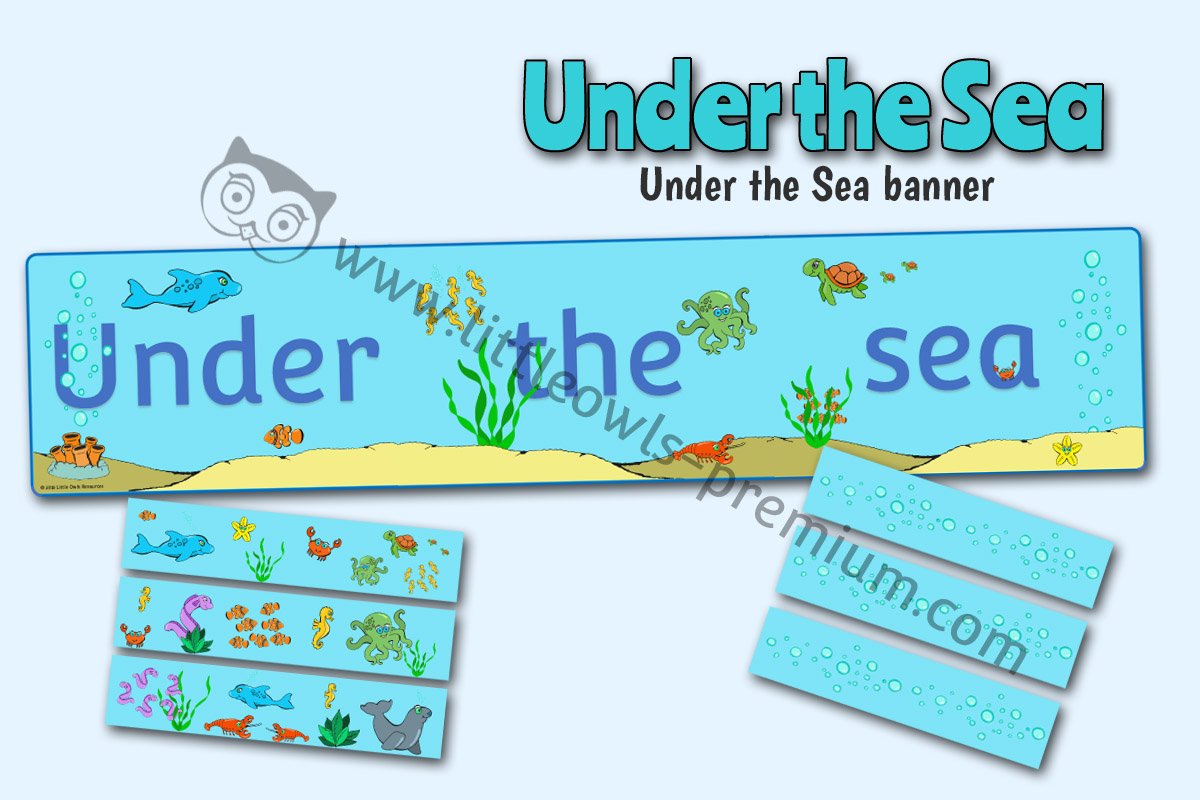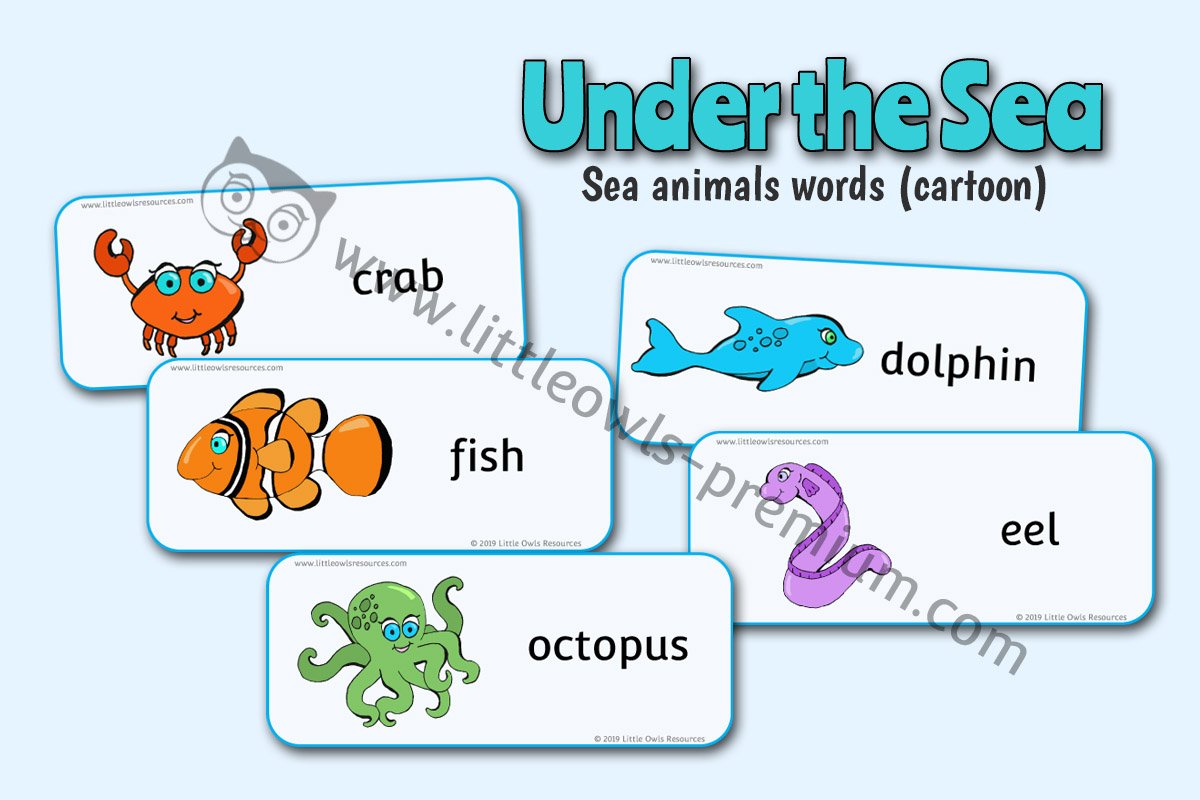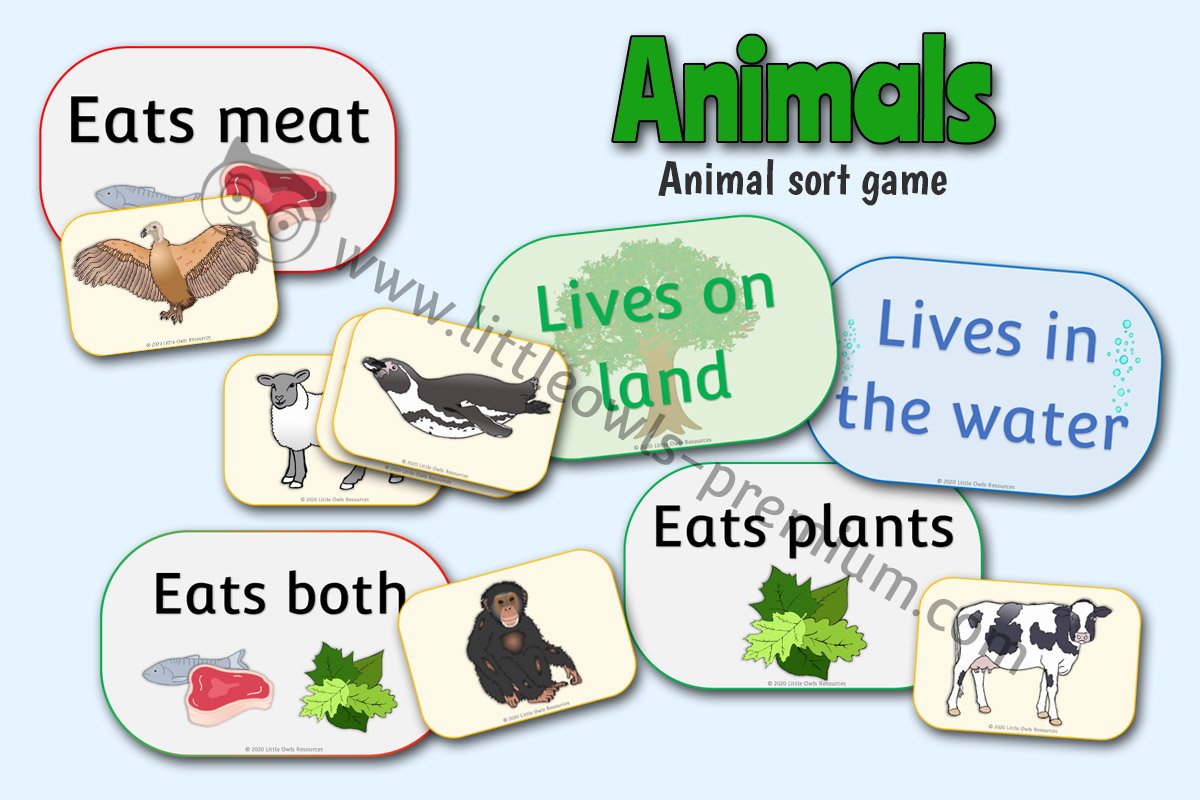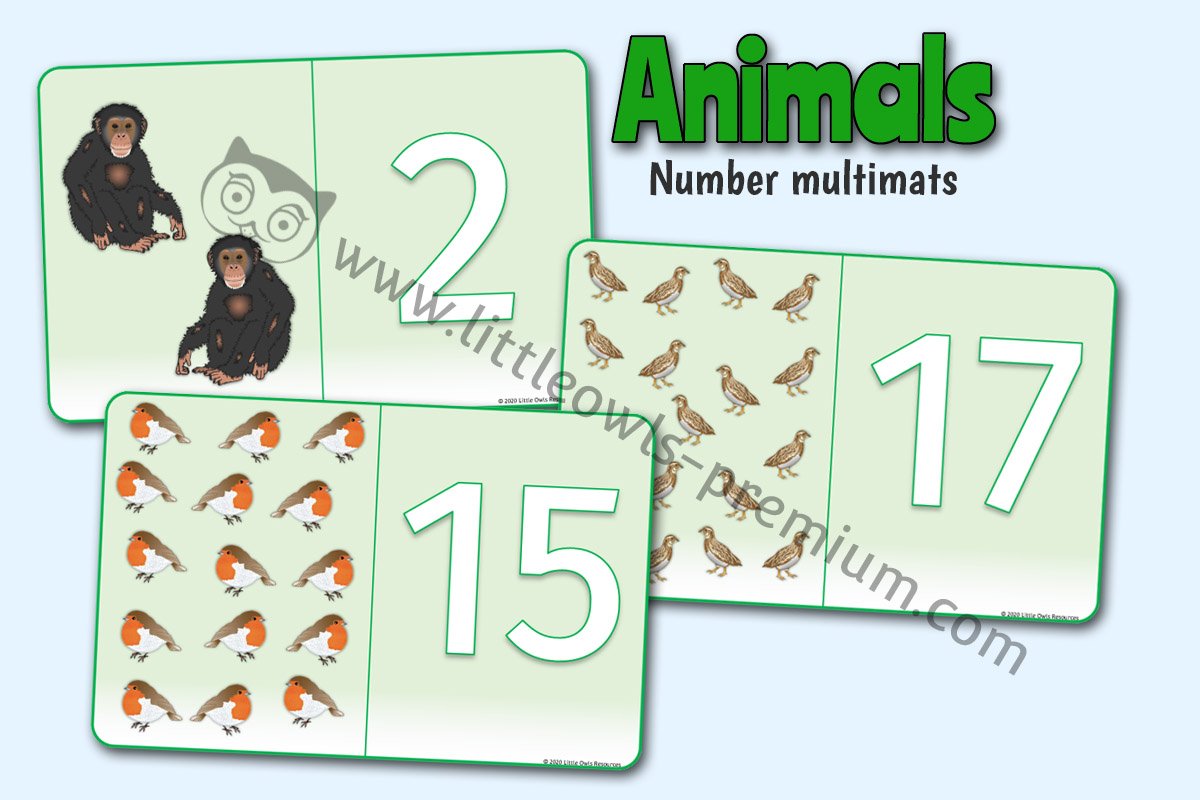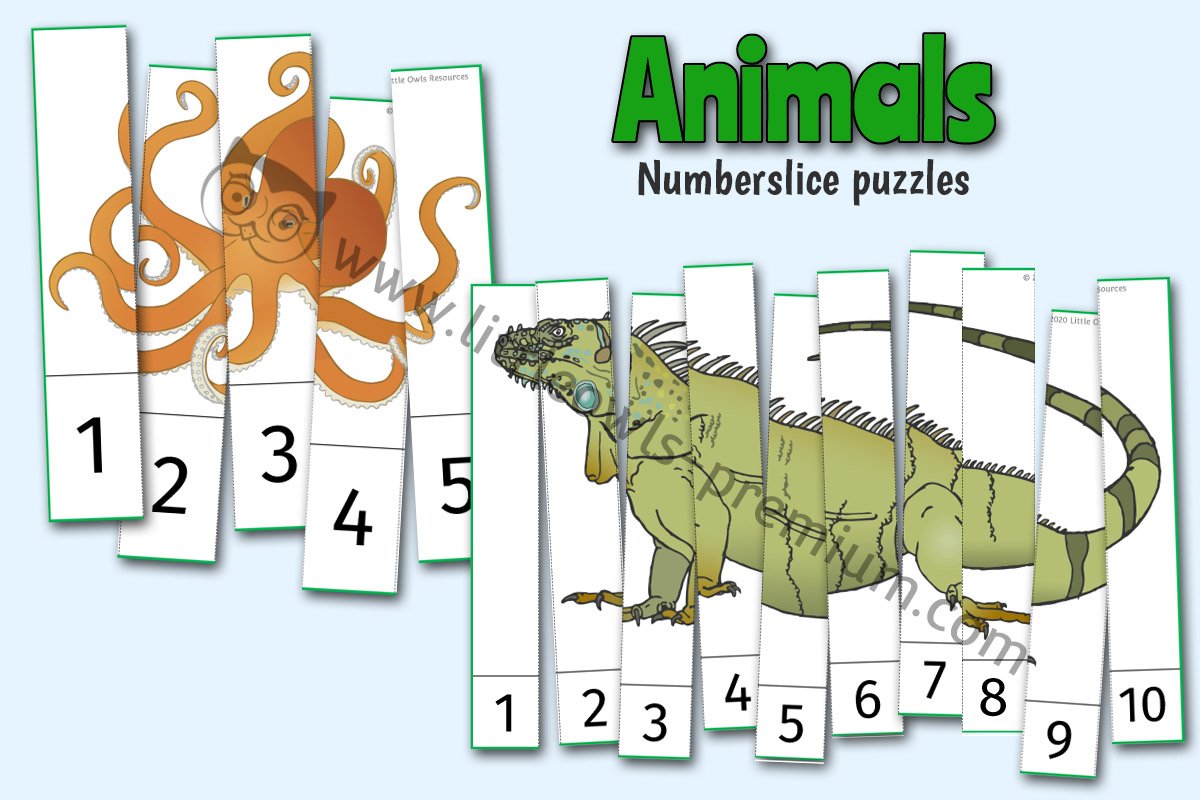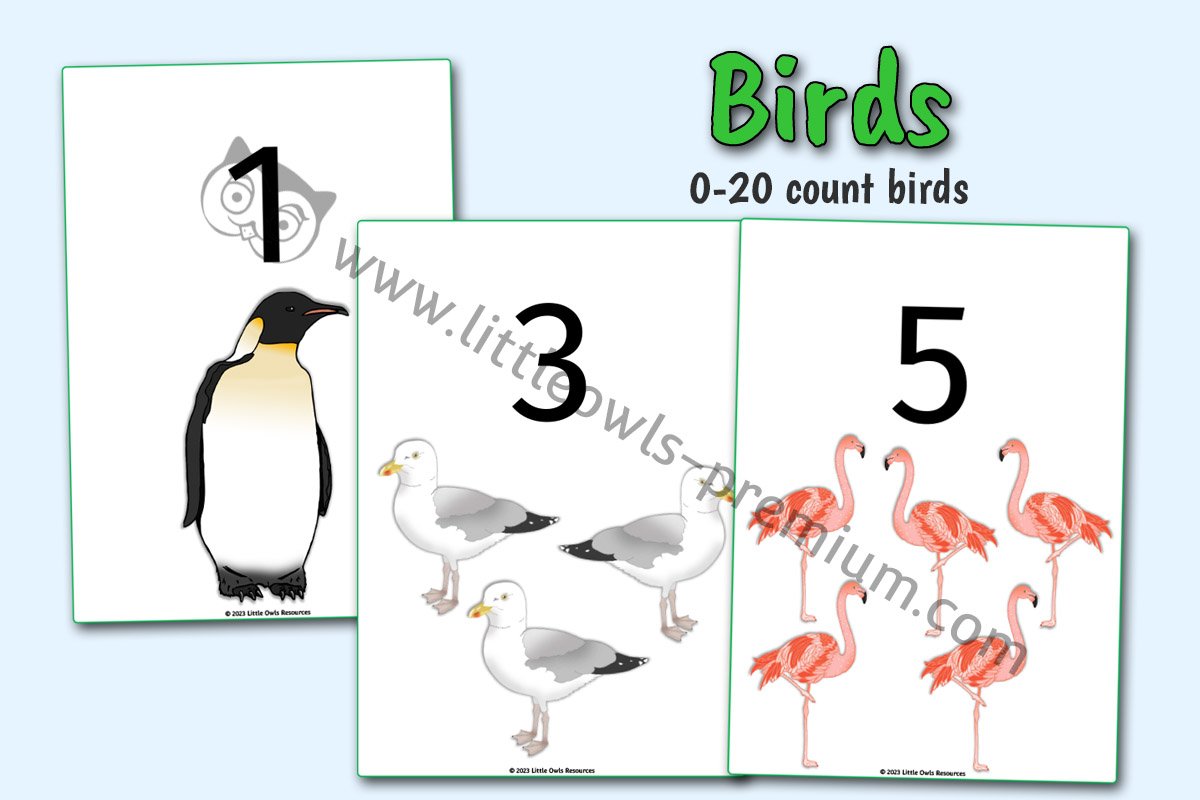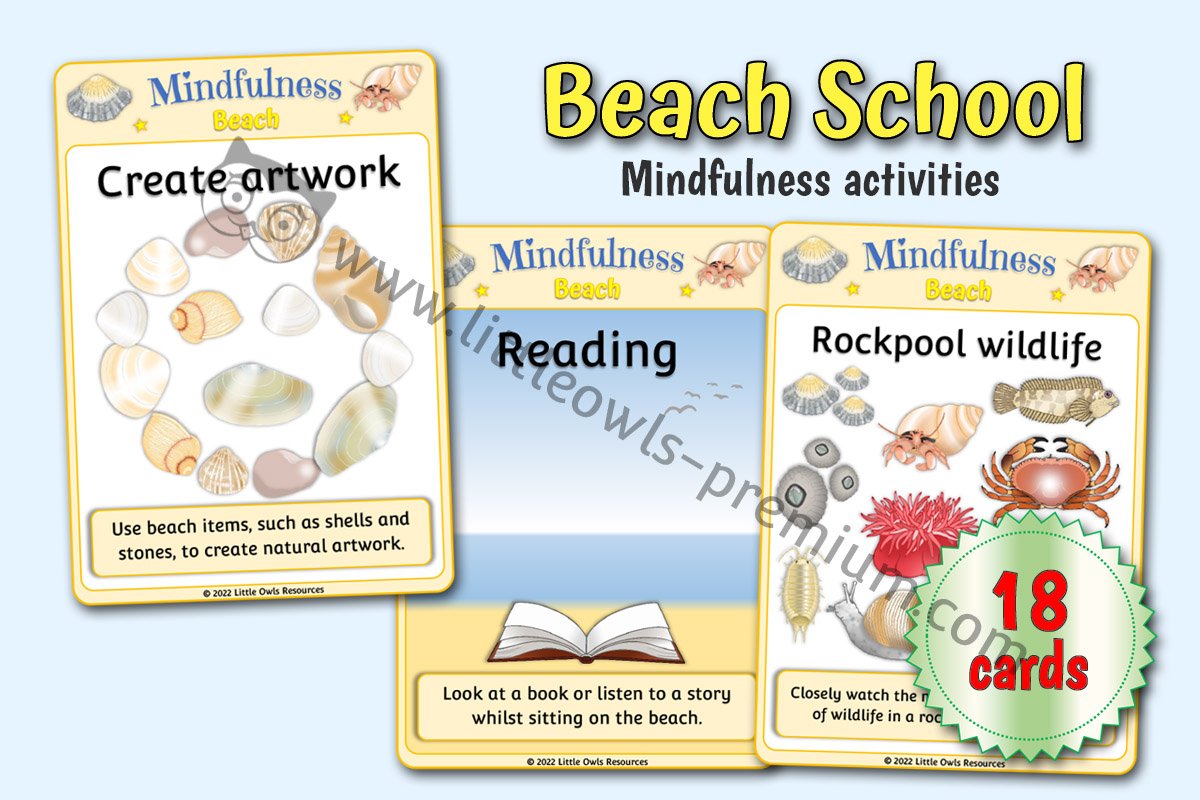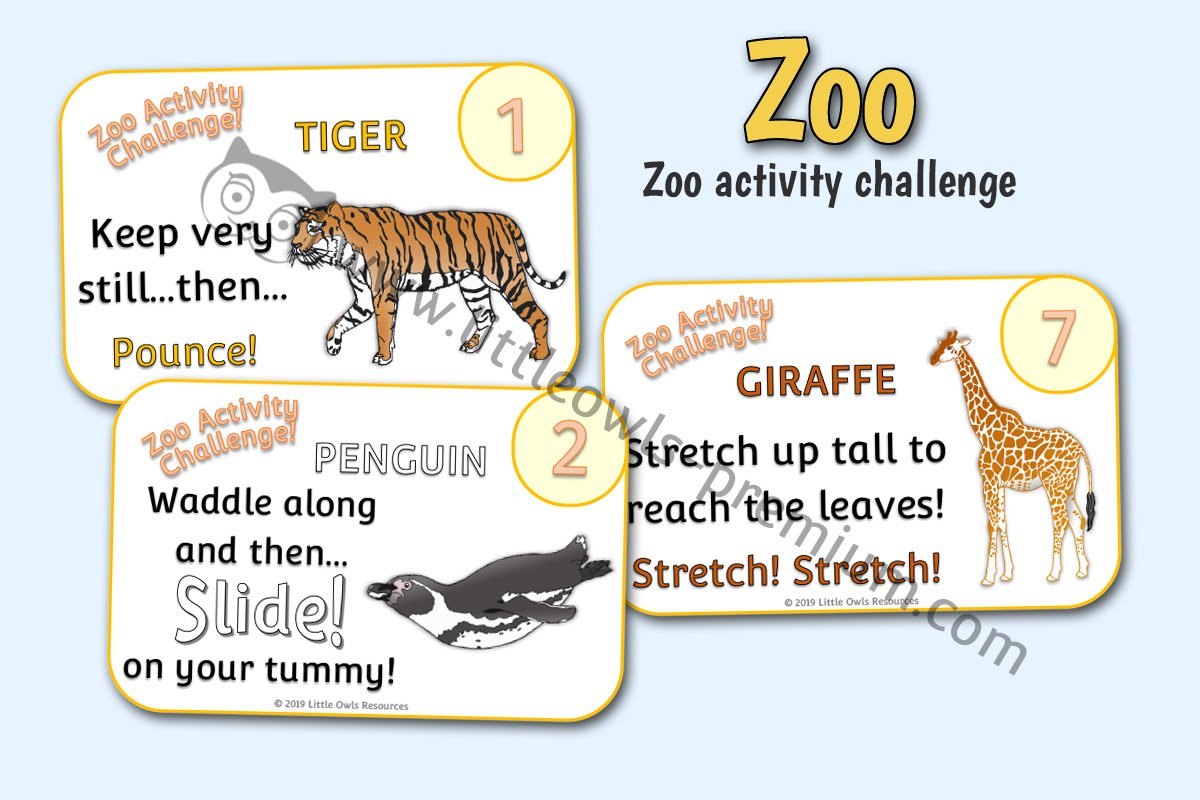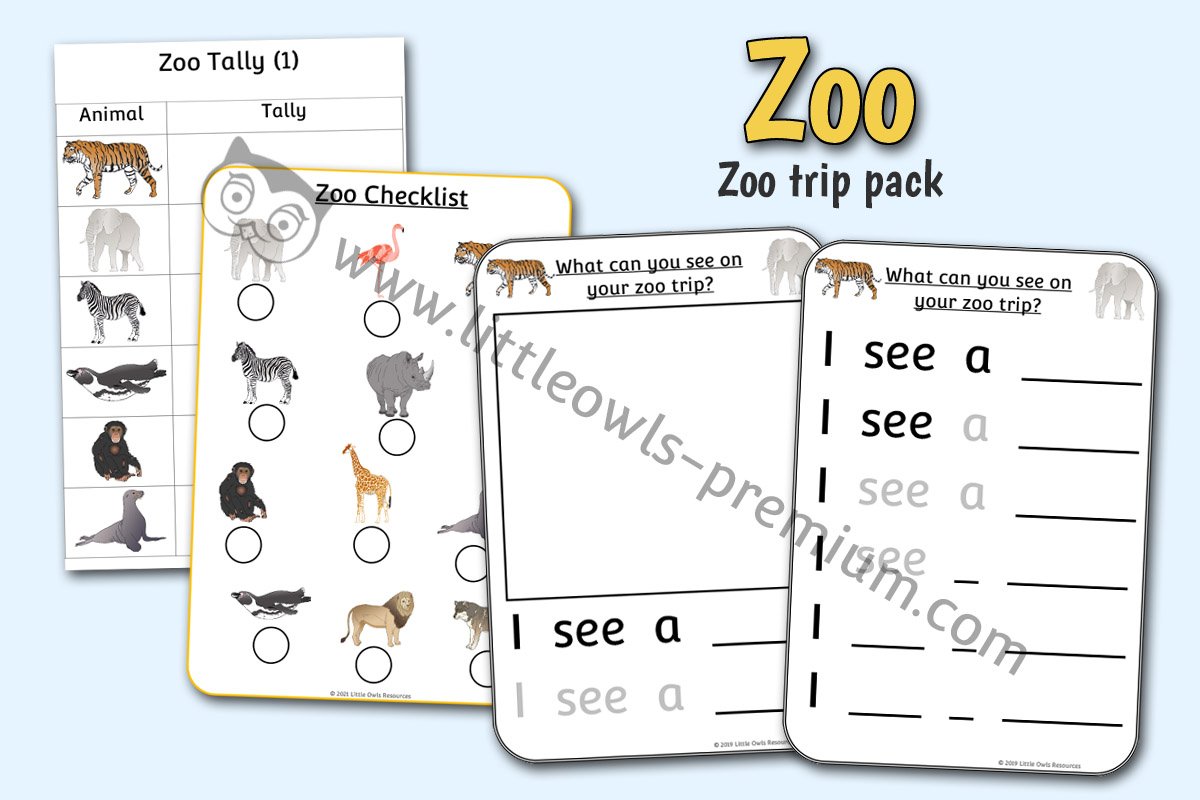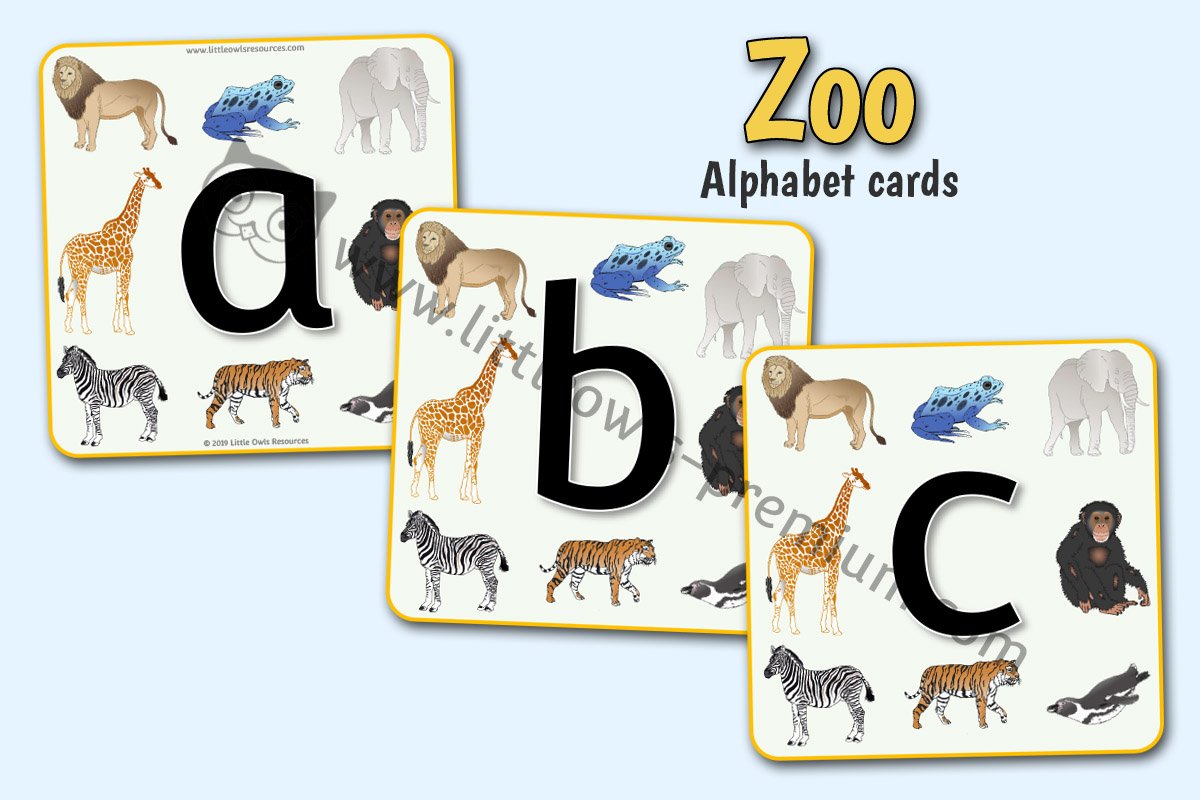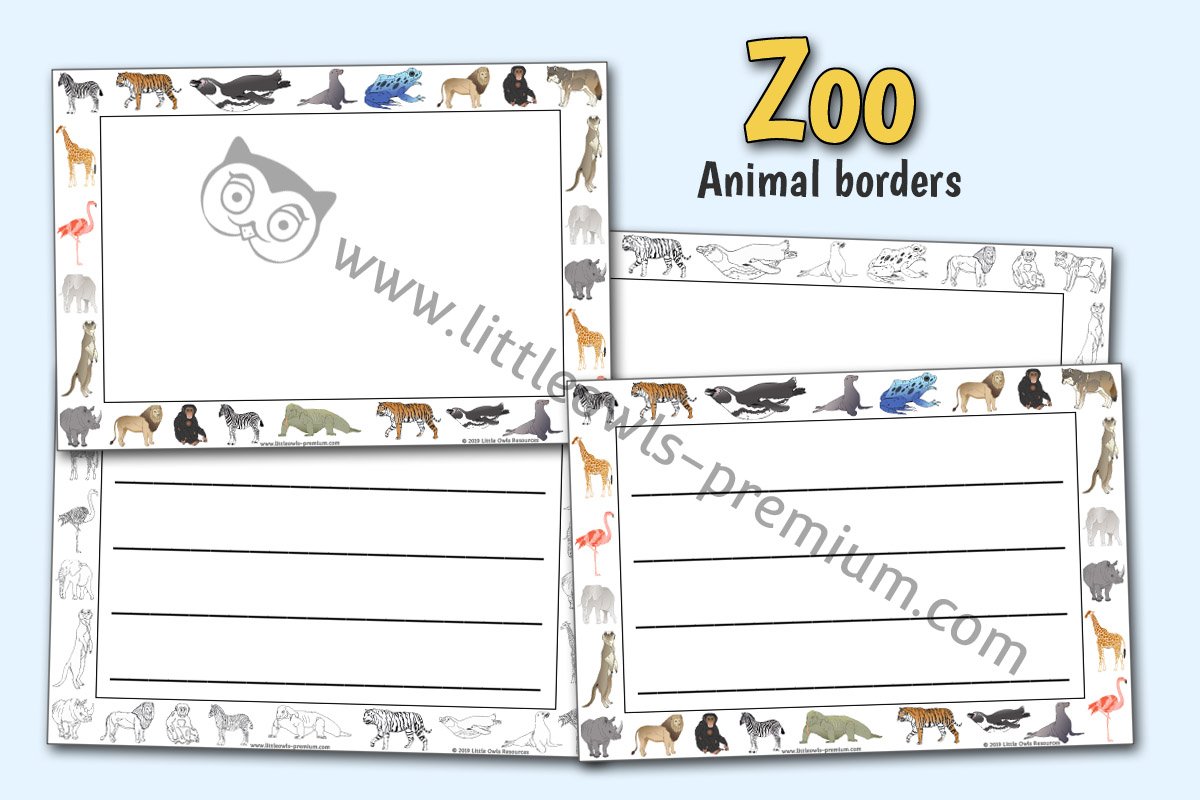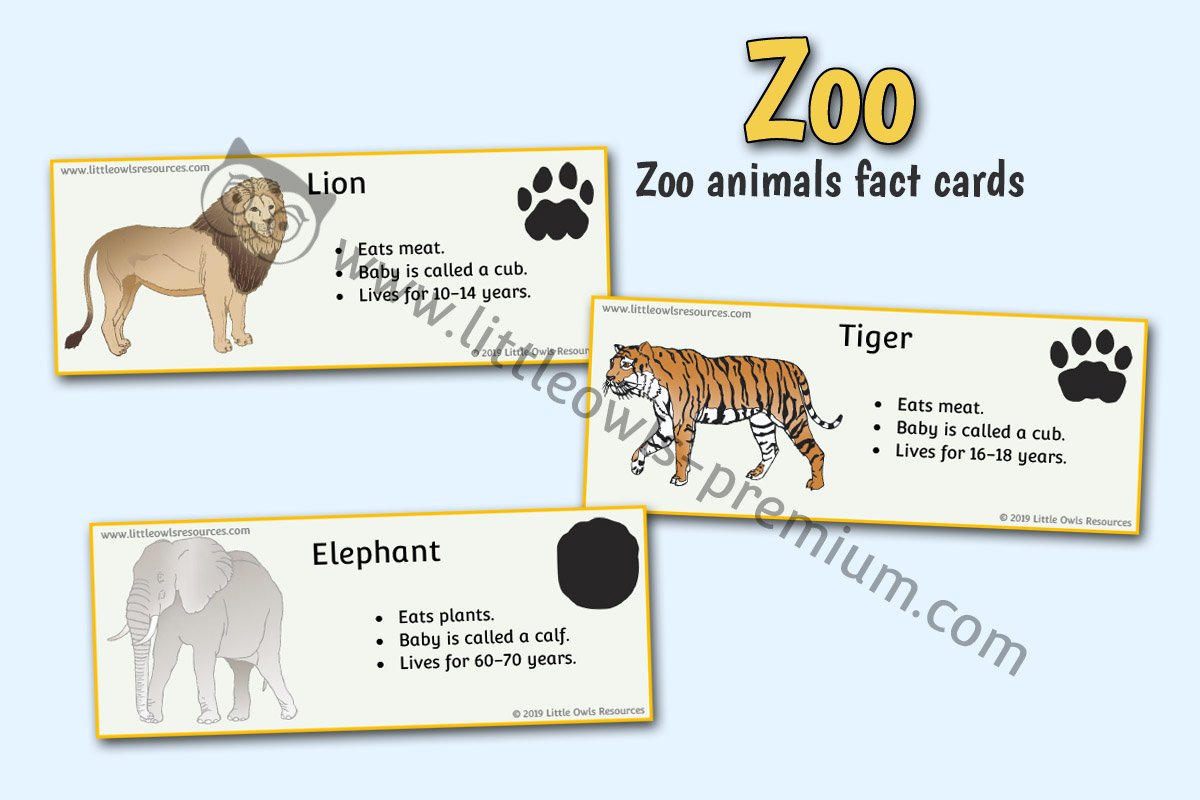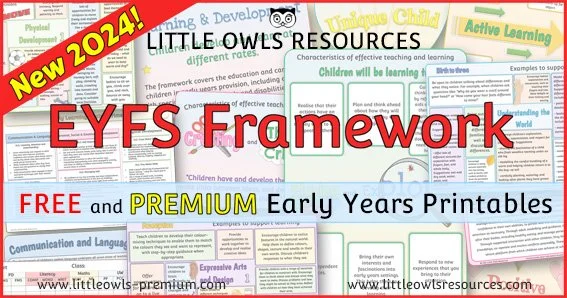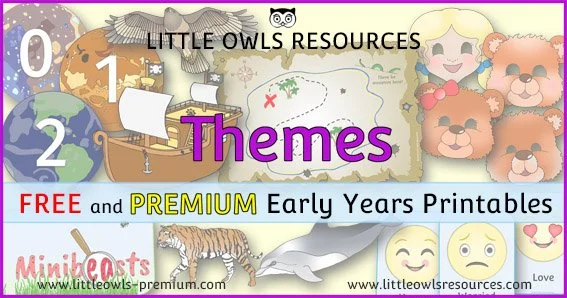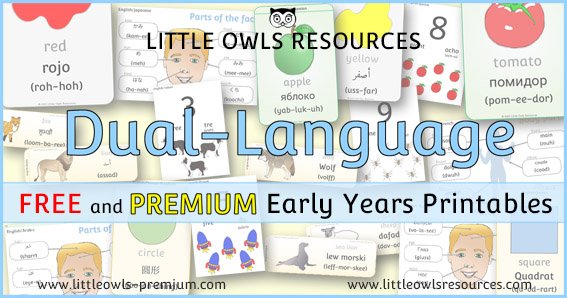Ocean - EYFS/Early Years activities, Displays and ideas
SECTIONS ON THIS PAGE:
Free Sample Resource
Search by ‘wildlife name’
General ‘Ocean’ habitat resources - coming soon!
Display Lettering
Ocean resources within topics
- Endangered Sea Animal Packs & The Environment - Under the Sea - Animals - Birds - Beach/Coastal Resources - Zoo - Outdoor Area -
Related special dates - World Oceans Day, Shark Awareness Day, National Marine Week (Scroll down to find out more)
More ‘Habitats’ related topics/themes
FREE SAMPLE RESOURCEs!
(Click on the images below to find out more)
If you are not a member already, become a ‘Free Access’ member here. This will give you access to resources within the ‘Free Sample Resources’ sections at the top of most pages and ‘Special Dates Calendars’. Some whole topics are even free! Find out more about all of our membership options here. If you are already a member… thank-you! x
Please note that both Editable (docx file) and non-editable (pdf file) versions are available for ‘Ocean’ resources. (Editable files require Microsoft Word to work at optimum level and Non-Editable files require a pdf viewer.)
SEARCH BY ‘WILDLIFE NAME’
Scroll down to browse resources or (if you are a Premium member) search by specific wildlife name using the text links below…
Anemones - Beach
Banded Penguin - Birds - Animals - Outdoor Area - Zoo
Barnacles - Beach
Blenny Fish - Beach
Clownfish - Under the Sea - Animals - Outdoor Area
Crabs - Beach - Under the Sea - Animals - Outdoor Area
Dolphin - Under the Sea - Animals - Outdoor Area
Edible Crab - Under the Sea - Outdoor Area
Eel - Under the Sea - Outdoor Area
Emperor Penguin - Birds
Jellyfish - Under the Sea - Animals - Outdoor Area
Limpets - Beach
Lobster - Under the Sea
Mermaid’s Purse - Beach
Narwhal - Under the Sea - Animals - Outdoor Area
Octopus - Under the Sea - Animals - Outdoor Area
Penguins - Birds - Animals - Outdoor Area - Zoo
Seagull - Beach
Seahorse - Under the Sea - Animals - Outdoor Area
Sea Lion - Under the Sea - Animals - Outdoor Area - Zoo
Sea Slater - Beach
Sharks - Beach - Animals - Outdoor Area
Starfish - Beach - Under the Sea - Animals - Outdoor Area
Turtle - Under the Sea - Animals - Outdoor Area
Vaquita - Animals
Whale Shark - Animals
Whelk - Beach
More Ocean wildlife coming soon!
Click on the thumbnail images below for further details…
Display Lettering
Endangered Sea Animal Packs & the environment
Under the Sea
Animals
Birds
Beach/Coastal Resources
Zoo
(Penguins and Sea Lions)
Outdoor Area
Related Special Dates
World Oceans Day
World Oceans Day is an international awareness day celebrated every year on 8th June. It is recognised globally, including in the UK, and aims to raise awareness of the crucial role the ocean plays in our lives — and the urgent need to protect it.
🌊 What Is World Oceans Day?
It was officially designated by the United Nations in 2008, though it has been celebrated informally since 1992.
The day is a platform for:
Highlighting the importance of the ocean for climate regulation, biodiversity, and human livelihoods.
Promoting conservation efforts and sustainable use of marine resources.
Encouraging community action to protect marine environments.
🧭 Why It Matters
The ocean:
Covers over 70% of the Earth’s surface
Produces more than half the world’s oxygen
Absorbs around 30% of carbon dioxide produced by humans
Is home to millions of species, many of which are endangered
But it faces major threats:
Plastic pollution
Overfishing
Climate change
Coral bleaching
Deep-sea mining
📅 World Oceans Day in the UK
In the UK, the day is marked by:
Events at aquariums, museums, and beaches
Beach clean-ups and marine conservation campaigns
Educational programmes in schools
Online campaigns by groups like the Marine Conservation Society, Surfers Against Sewage, and Ocean Generation
🔁 Annual Themes
Each year has a different UN theme. For example:
2024 Theme: "Awaken New Depths"
Focused on deepening our understanding and commitment to ocean protection.
🌱 How You Can Get Involved
Join or organise a beach clean-up
Reduce single-use plastics
Support sustainable seafood
Watch documentaries or share educational content
Follow and support marine conservation charities
Shark Awareness Day
Shark Awareness Day is observed annually on July 14th to highlight the vital role sharks play in marine ecosystems and to address the numerous threats they face. This day aims to dispel common misconceptions about sharks and promote their conservation.
🦈 Why Sharks Matter
Sharks are apex predators that help maintain the balance of marine life by regulating the populations of other species. Their presence ensures the health and stability of ocean ecosystems. However, many shark species are now endangered or critically endangered due to human activities.
⚠️ Threats to Shark Populations
Overfishing: An estimated 100 million sharks are killed annually, often for their fins, meat, or as bycatch in commercial fisheries.
Habitat Loss: Coastal development and pollution degrade the habitats essential for shark survival.
Misconceptions: Media portrayals, such as the film Jaws, have instilled fear and misunderstanding about sharks, leading to unnecessary culling and lack of conservation support.
🌍 Global Initiatives and Advocacy
Conservationists and organisations worldwide use Shark Awareness Day to educate the public and advocate for protective measures:
Educational Campaigns: Efforts to inform people about sharks' ecological importance and the realities of shark behavior.
Policy Advocacy: Campaigns to implement and enforce laws that protect sharks from overfishing and habitat destruction.
Research and Monitoring: Scientific studies to monitor shark populations and health, informing conservation strategies.
📺 Media and Public Engagement
Events like National Geographic's SharkFest coincide with Shark Awareness Day, offering documentaries and programs that showcase sharks' true nature and the challenges they face.
🐾 How You Can Help
Educate Yourself and Others: Learn about sharks and share accurate information to combat myths.
Support Sustainable Seafood: Choose seafood from sources that do not harm shark populations.
Advocate for Conservation: Support policies and organisations dedicated to shark protection.
Reduce Plastic Use: Minimise plastic consumption to protect marine habitats from pollution.
By participating in Shark Awareness Day, individuals can contribute to the global effort to preserve these essential and often misunderstood creatures.
National Marine Week
National Marine Week is an annual UK-wide celebration organised by The Wildlife Trusts to highlight the importance of the UK's marine environments and the diverse wildlife they support. Despite its name, the event typically spans over two weeks to accommodate varying tidal conditions across the country. In 2025, National Marine Week is scheduled from 26th July to 10th August.
🌊 Purpose and Significance
The UK's seas are home to over 30,000 species of marine life, including dolphins, seals, seahorses, and a myriad of invertebrates. These marine ecosystems play a crucial role in:
Biodiversity: Supporting a vast array of marine species.
Climate Regulation: Sequestering carbon and producing oxygen.
Flood Management: Acting as natural barriers against coastal flooding.
Cultural and Economic Value: Providing livelihoods, recreation, and inspiration.
National Marine Week aims to raise awareness about these vital functions and the need for marine conservation.
🐠 Activities and Events
Throughout the fortnight, various events and activities are organised across the UK, including:
Rockpooling Adventures: Exploring tidal pools to discover marine creatures.
Snorkeling Safaris: Guided underwater tours to observe marine life.
Beach Cleans: Community efforts to remove litter from coastlines.
Educational Workshops: Sessions on marine conservation and biodiversity.
Wildlife Watching: Opportunities to spot dolphins, seals, and seabirds.
These events are designed to engage people of all ages and backgrounds, fostering a deeper connection with the marine environment.
🌐 How to Get Involved
Find Local Events: Visit your local Wildlife Trust's website or community boards to discover events near you.
Participate Virtually: Engage with online resources, webinars, and virtual tours if you cannot attend in person.
Share Your Experiences: Use social media platforms to share photos and stories using the hashtag #NationalMarineWeek.
Adopt Sustainable Practices: Reduce single-use plastics, support sustainable seafood, and be mindful of your ecological footprint.
By participating in National Marine Week, you contribute to the collective effort to protect and preserve the UK's rich marine heritage for future generations.
